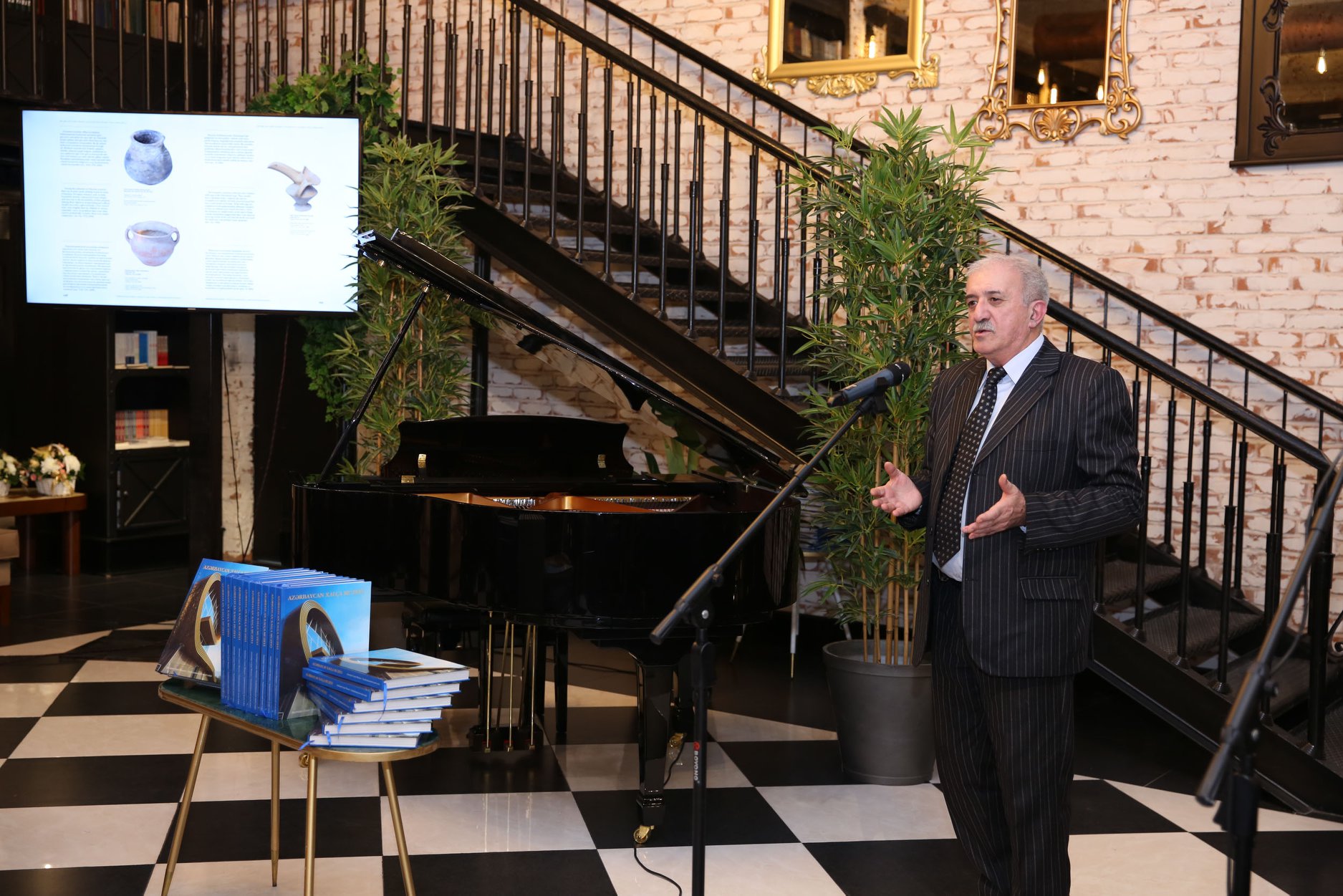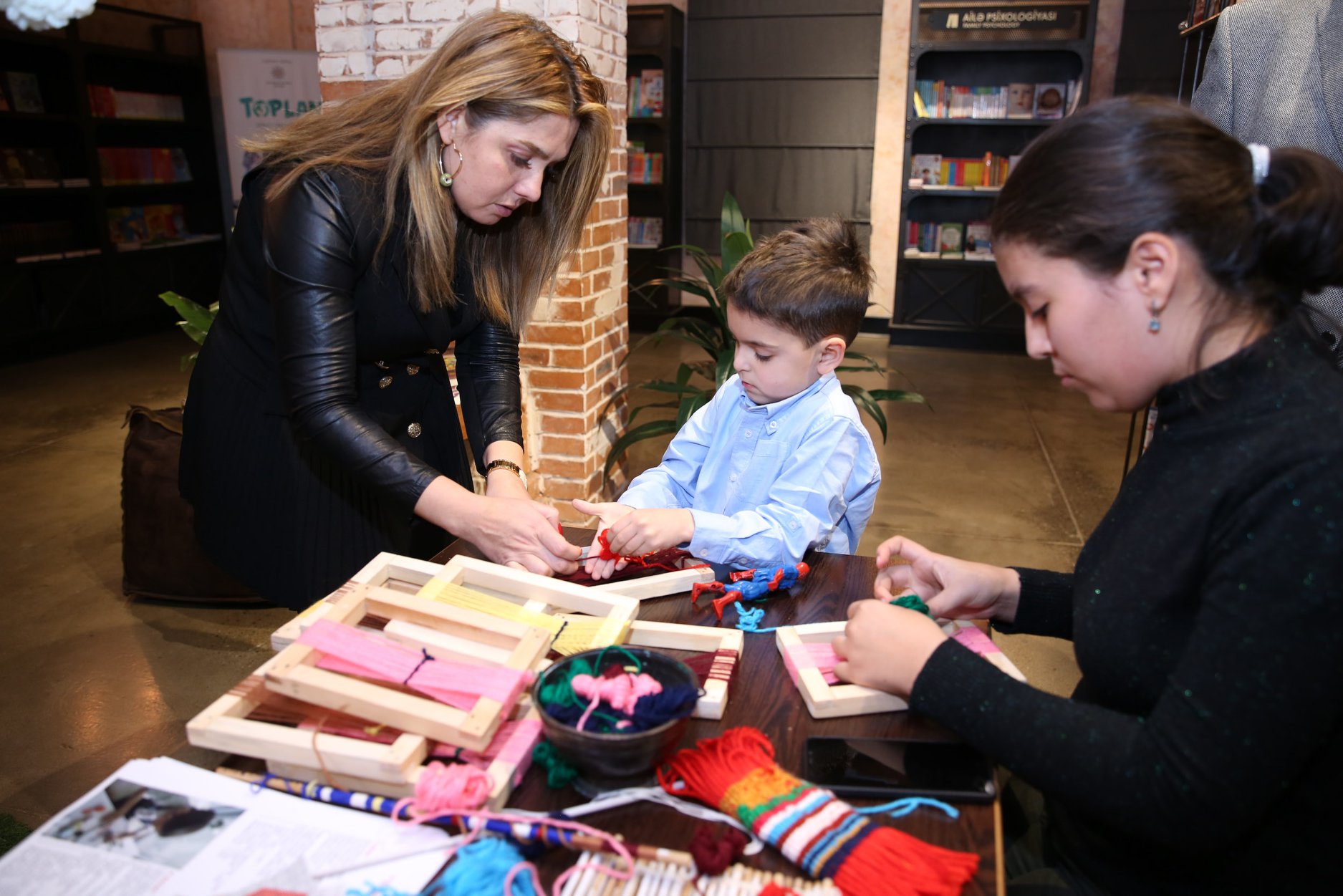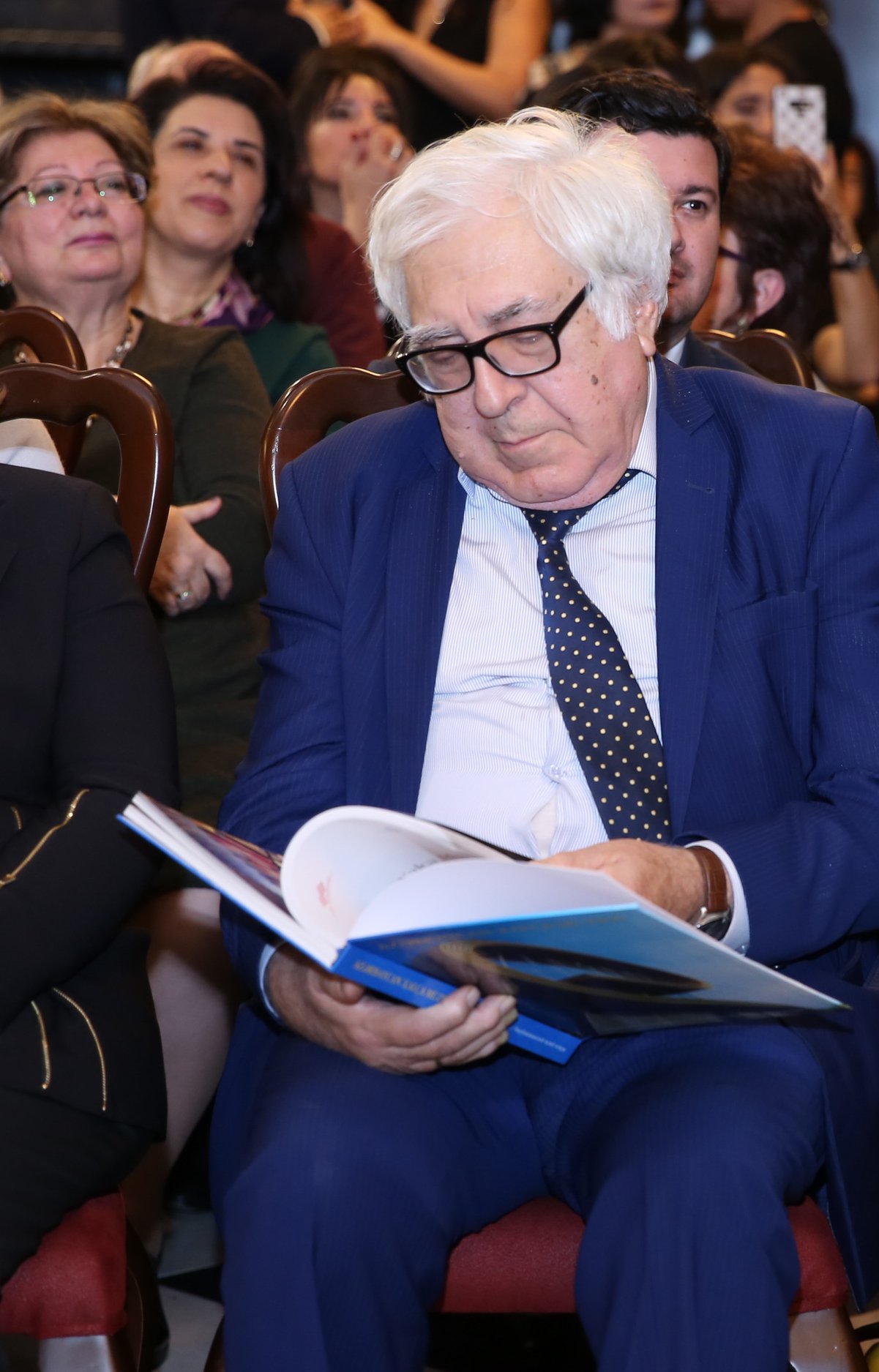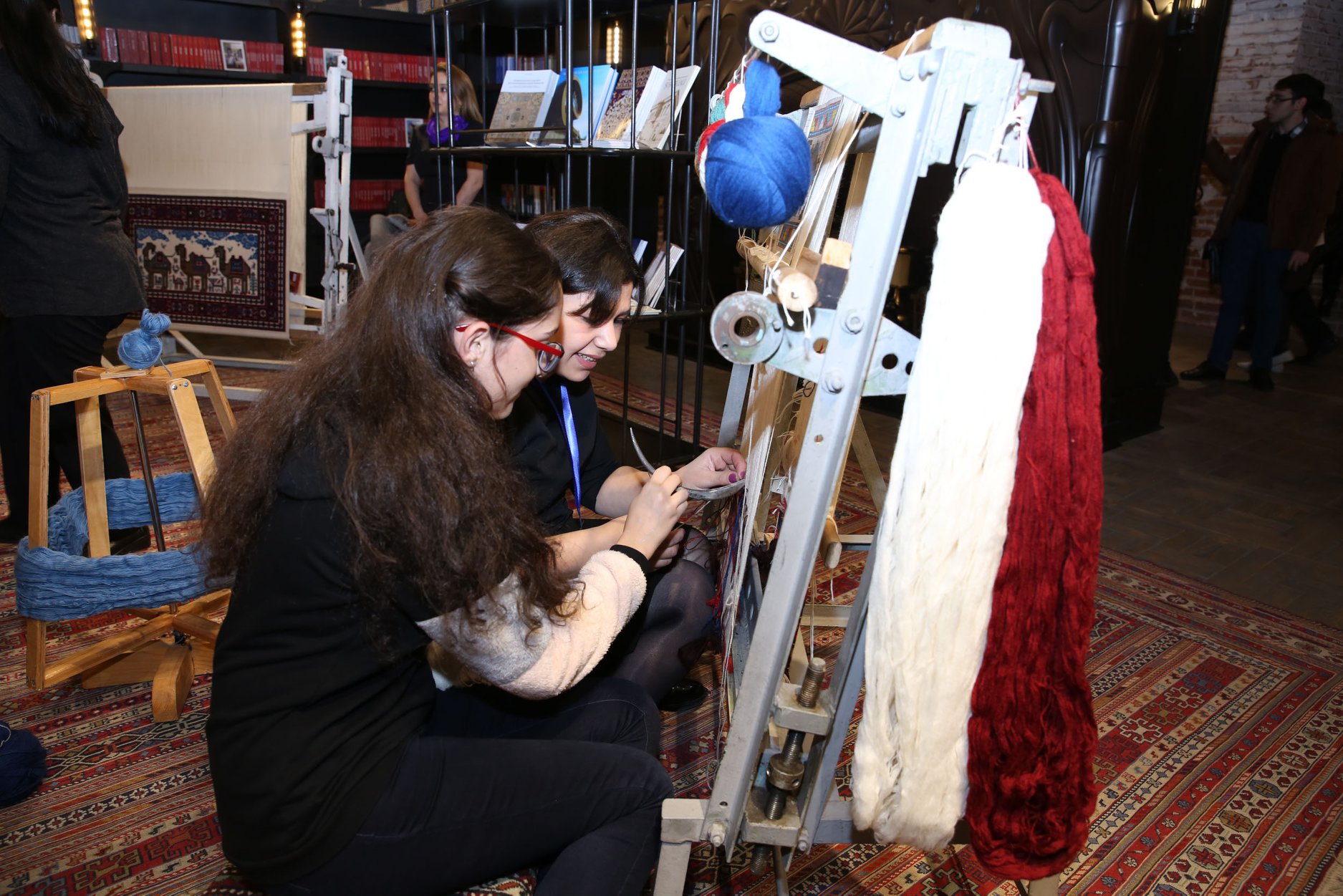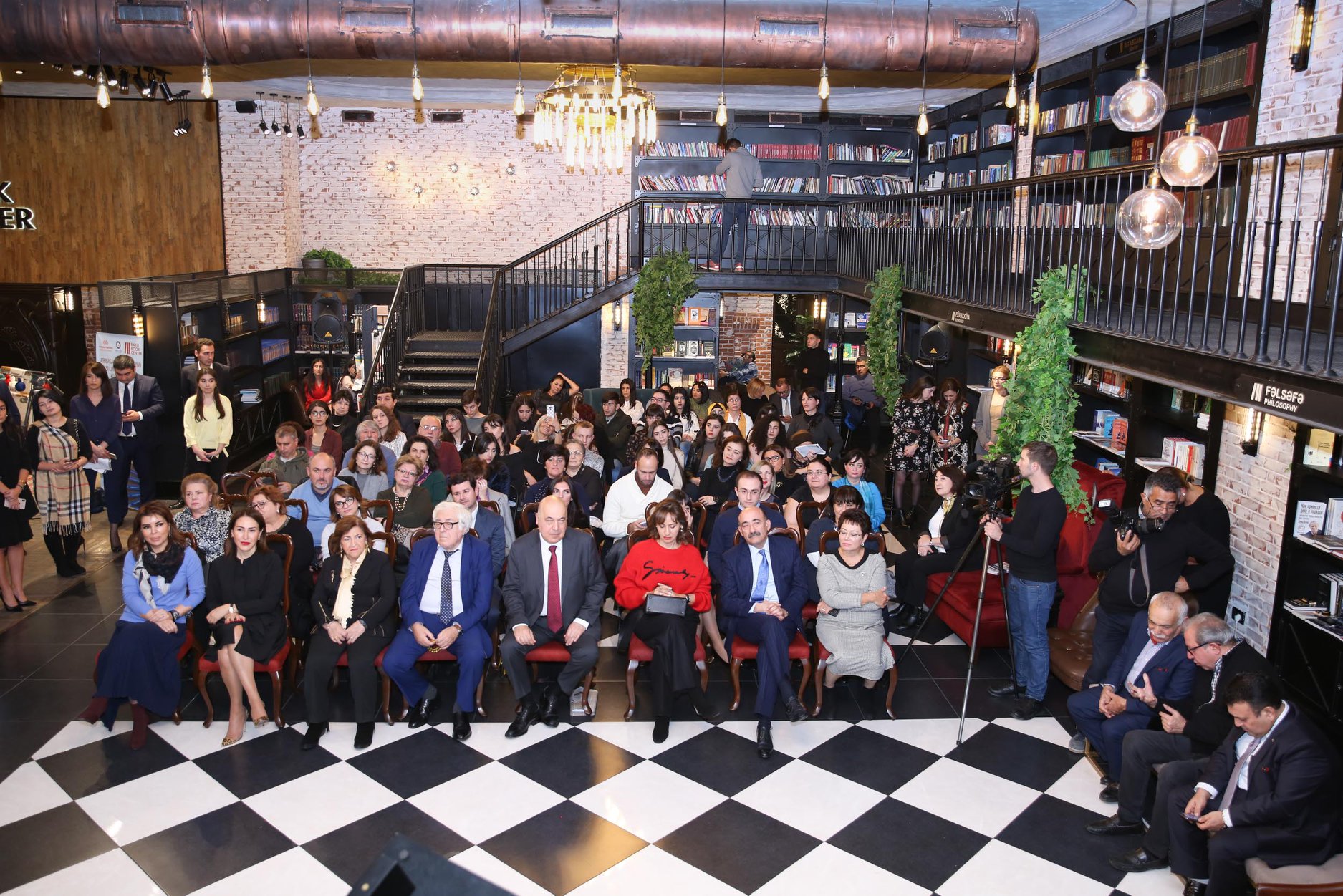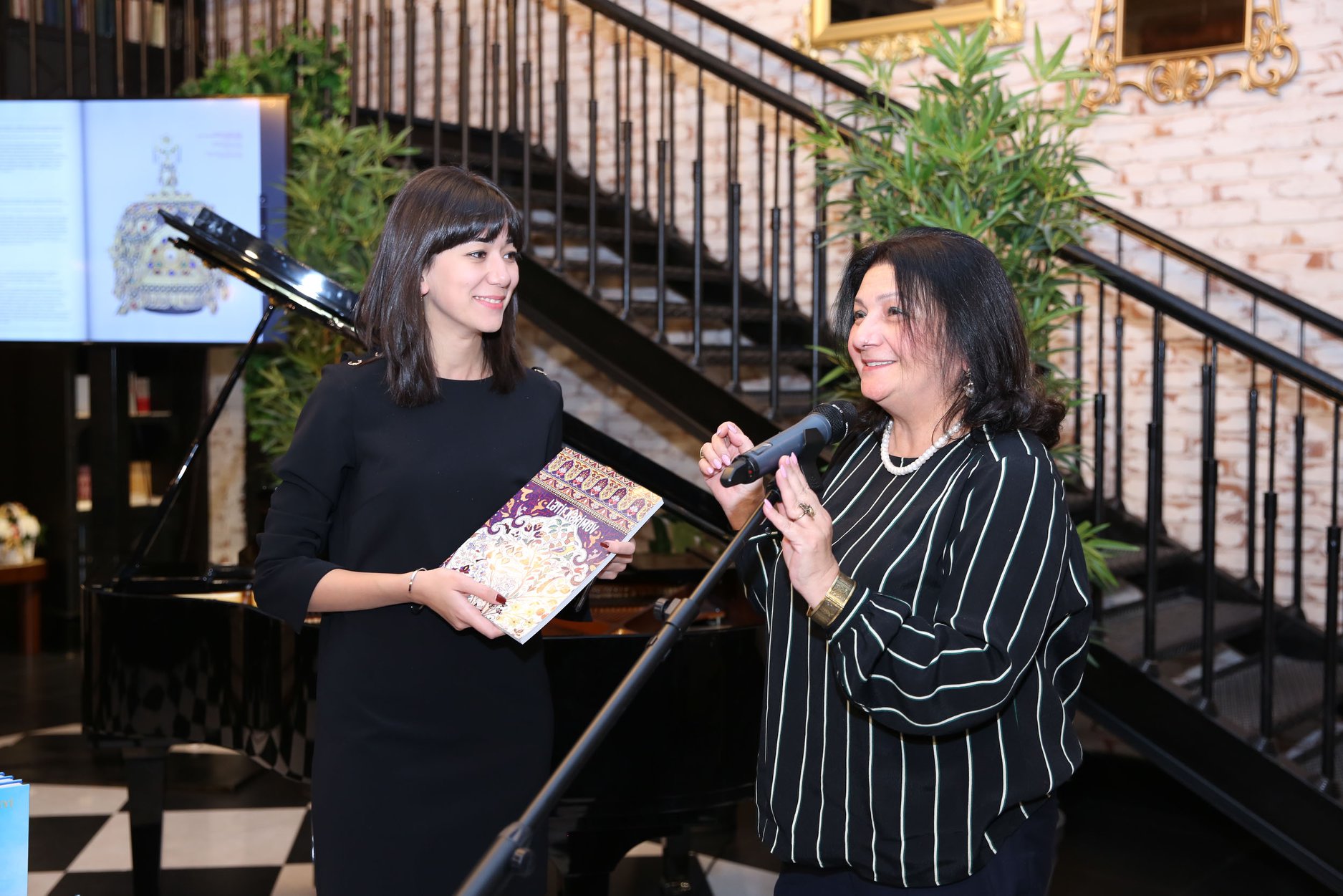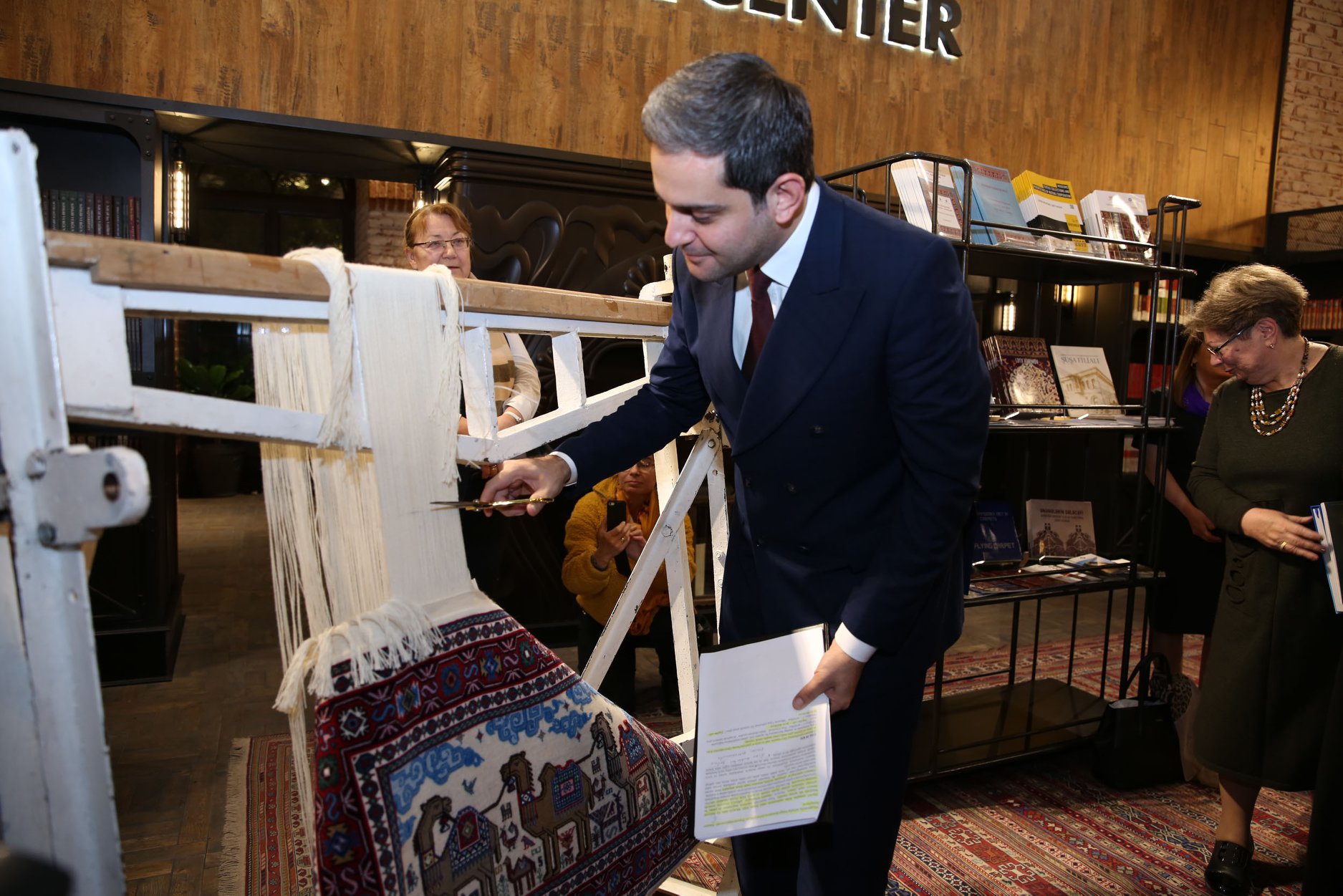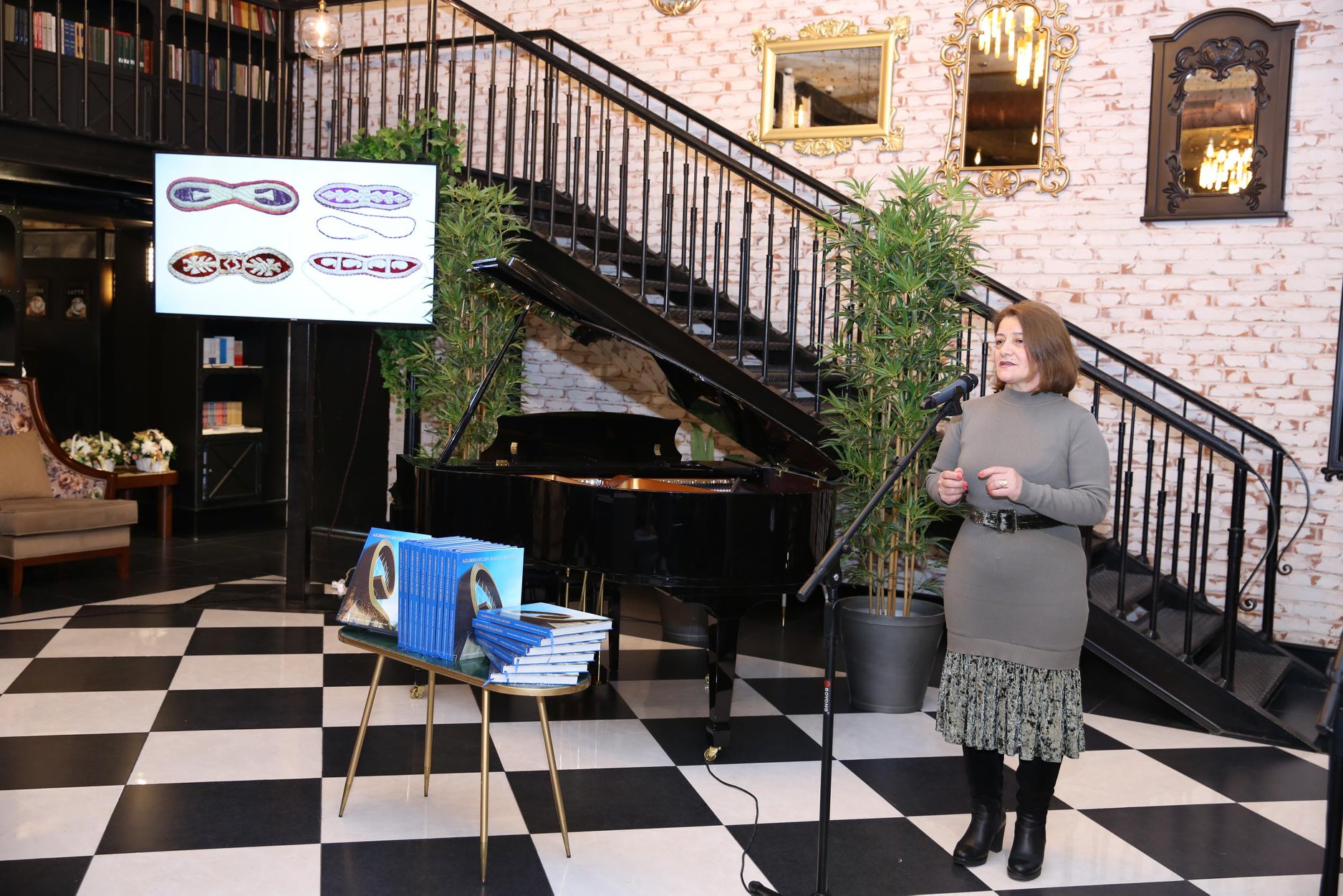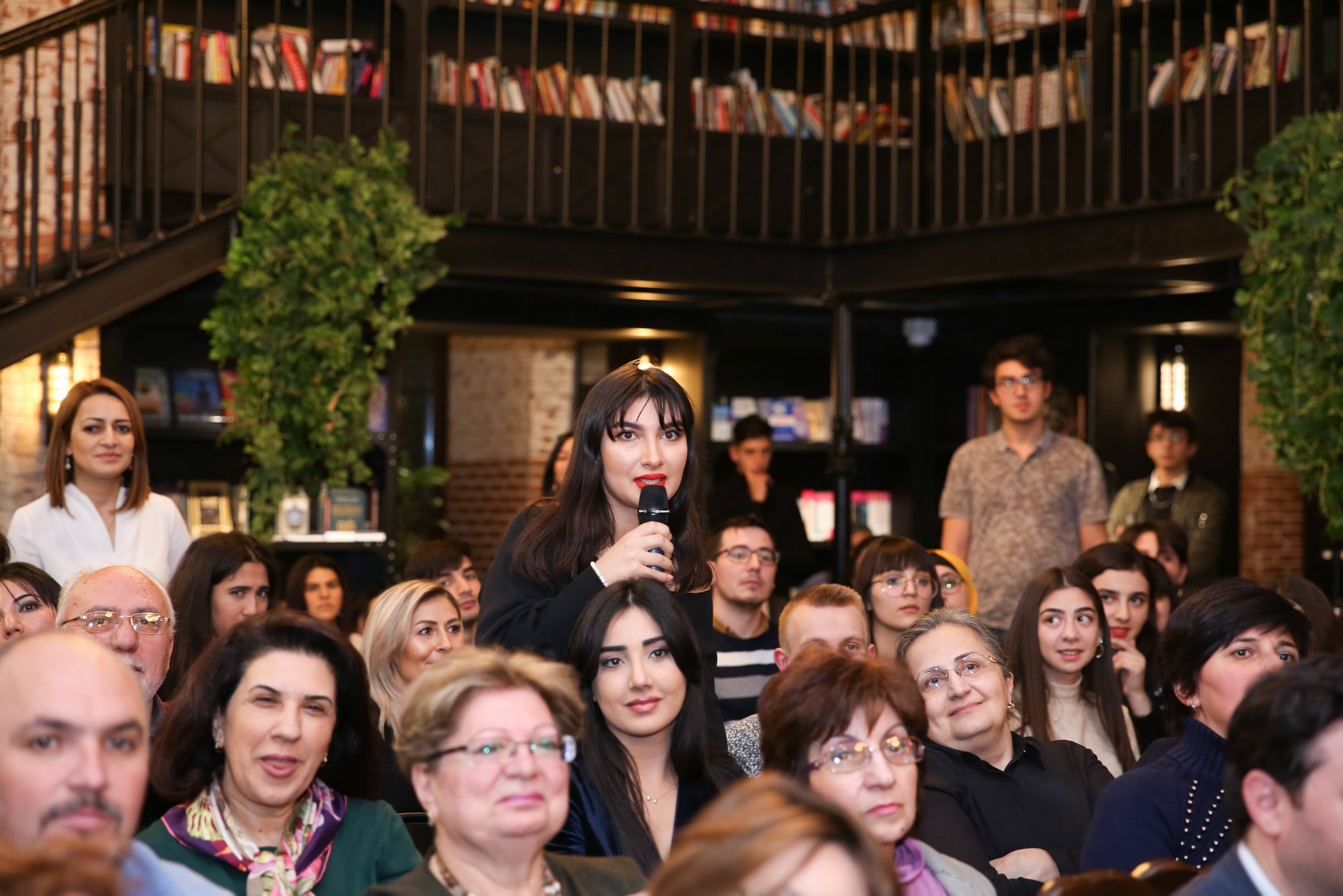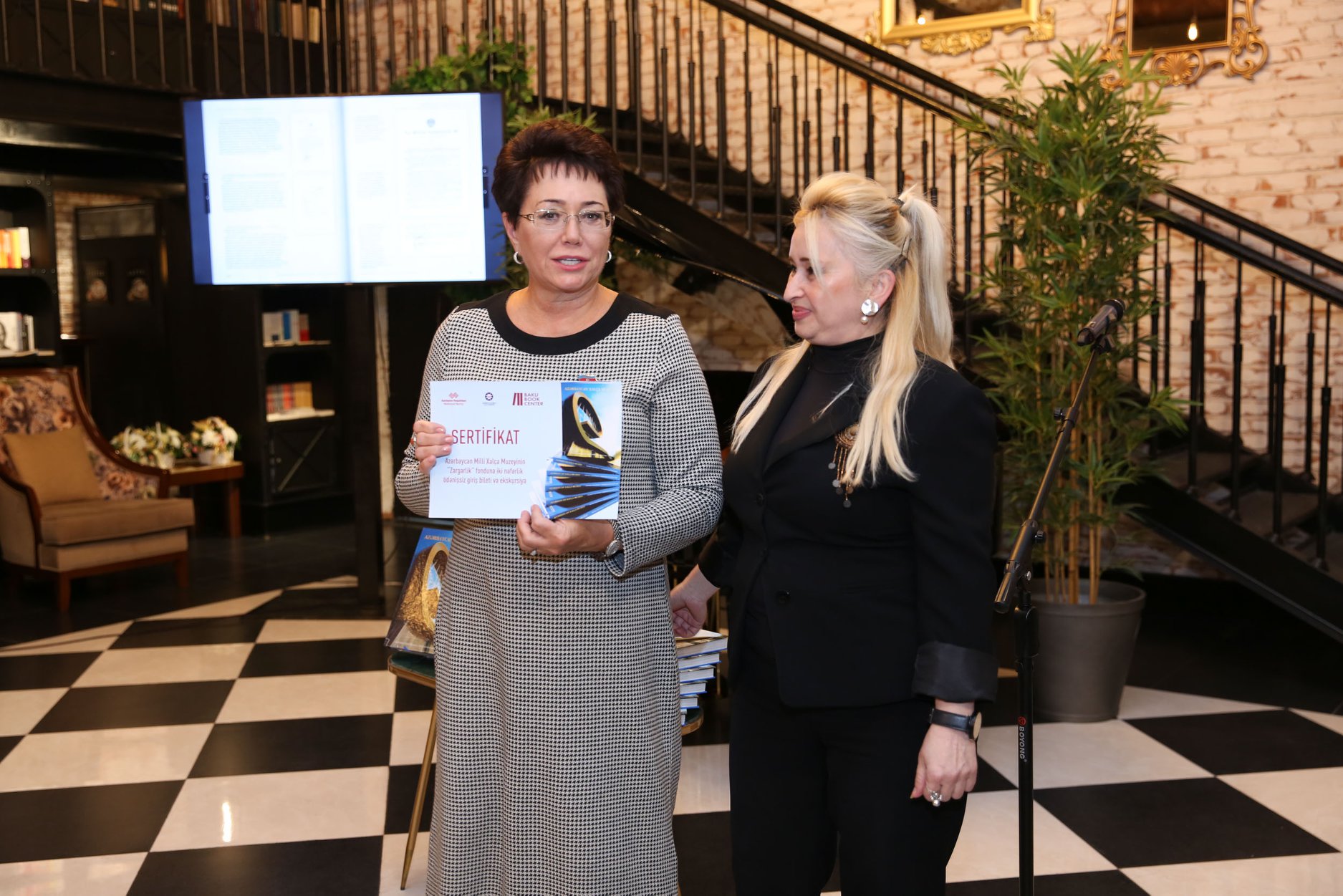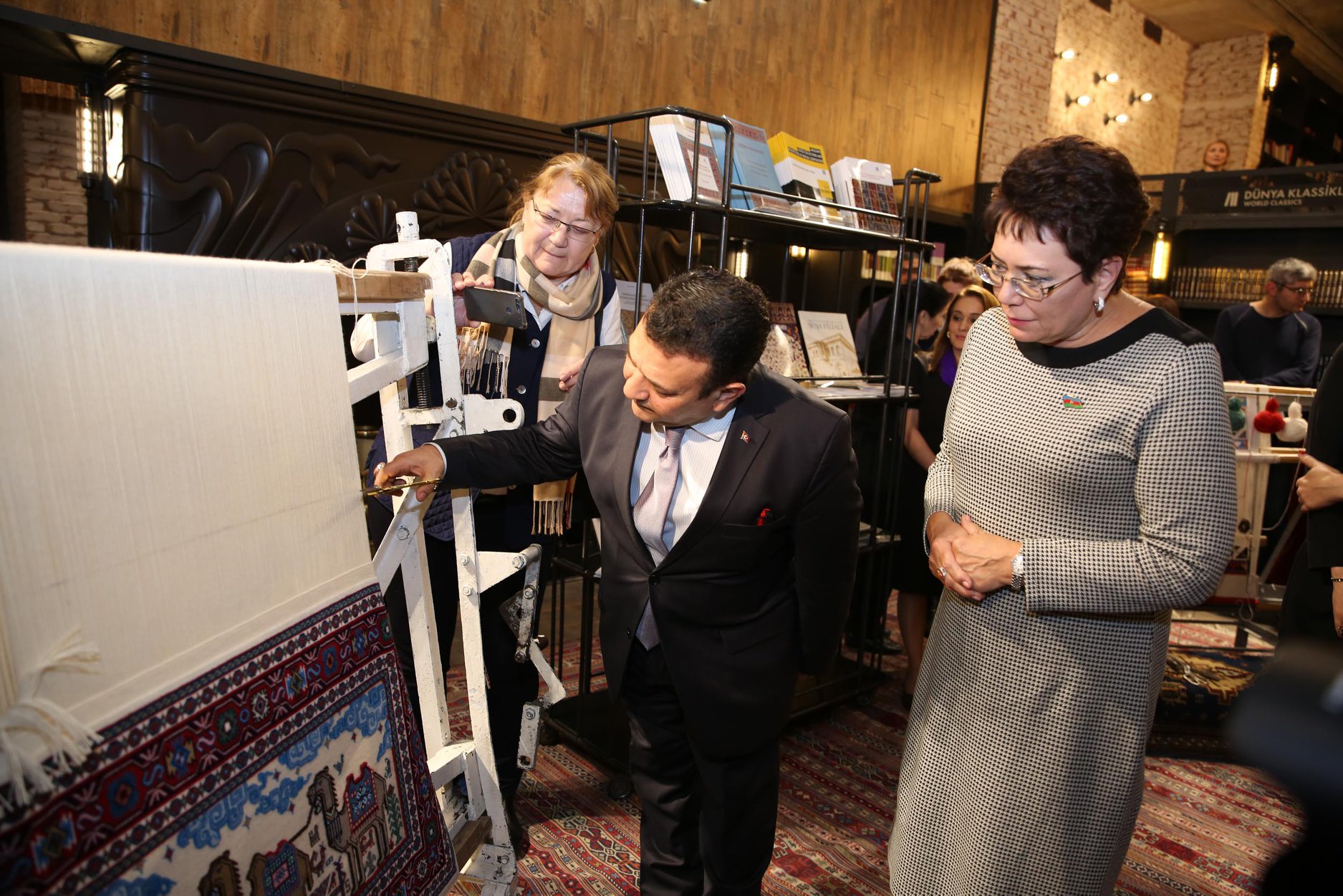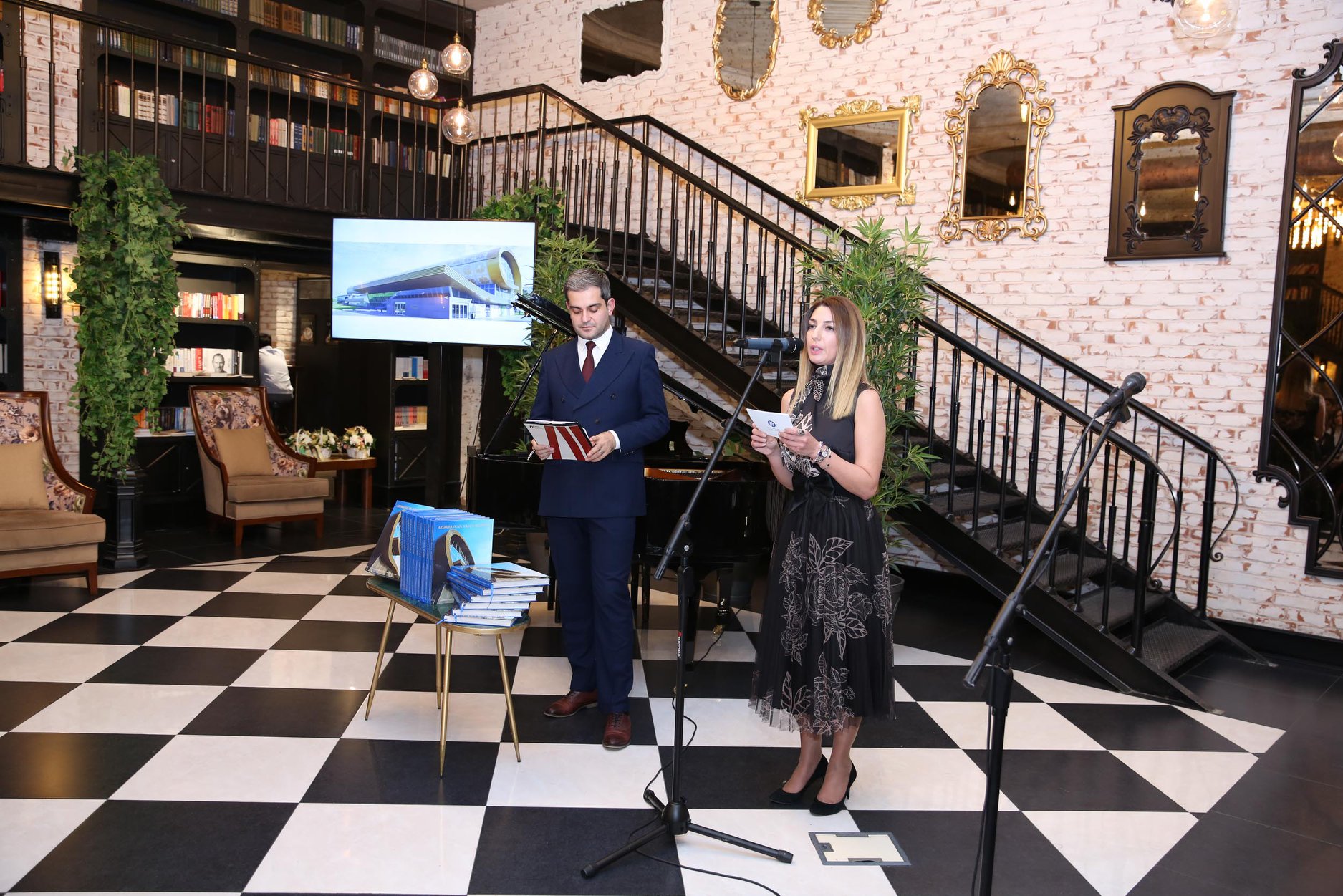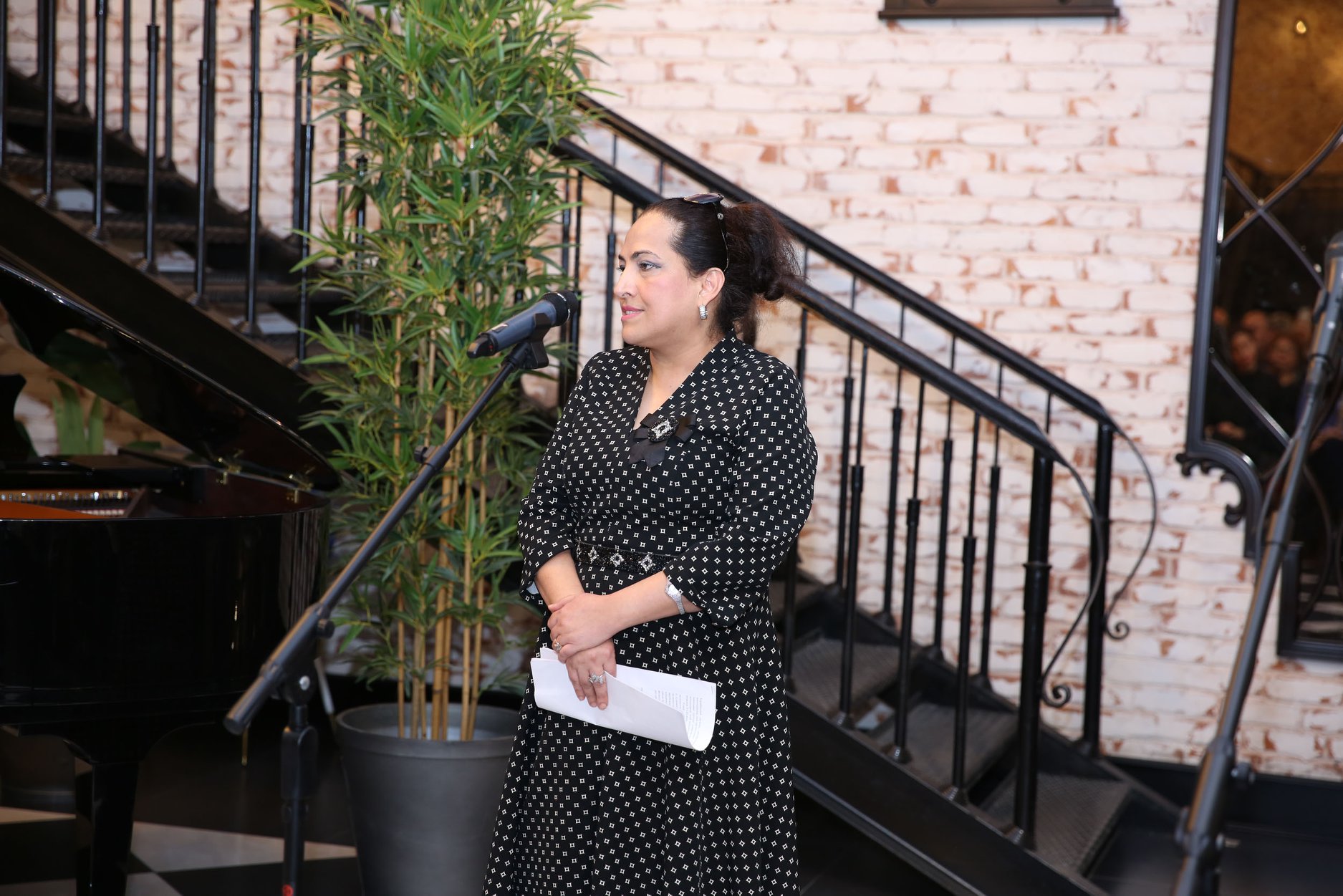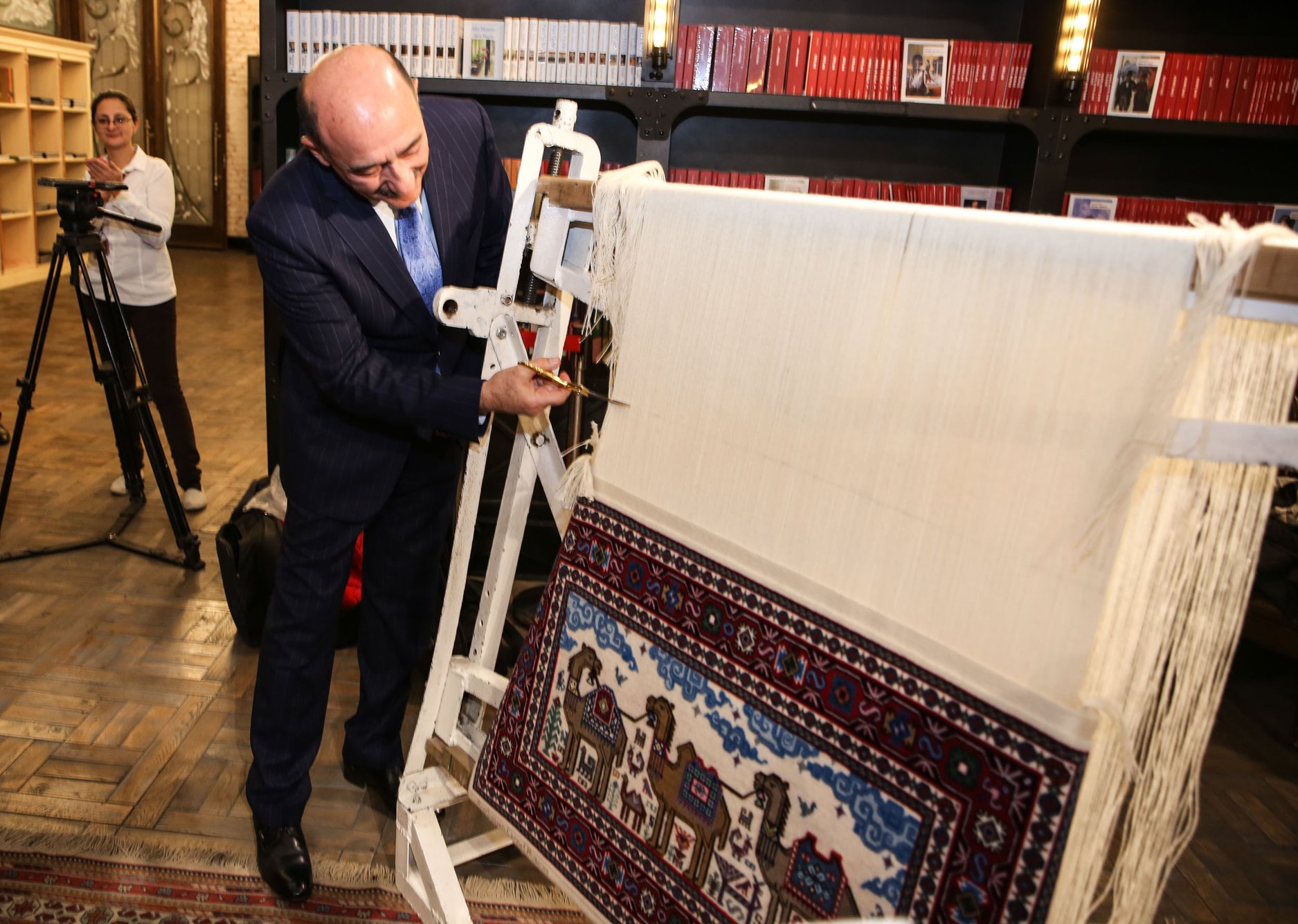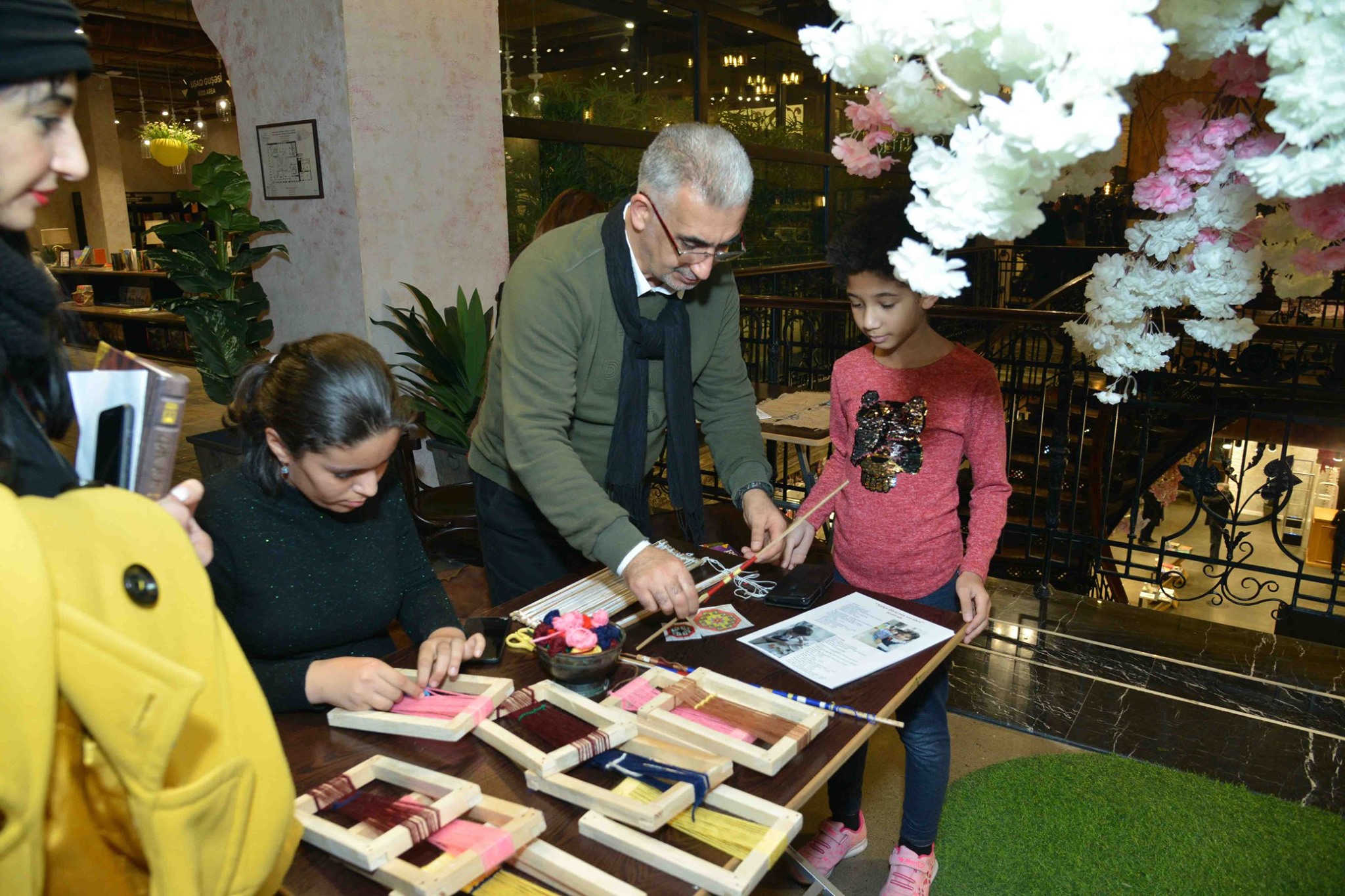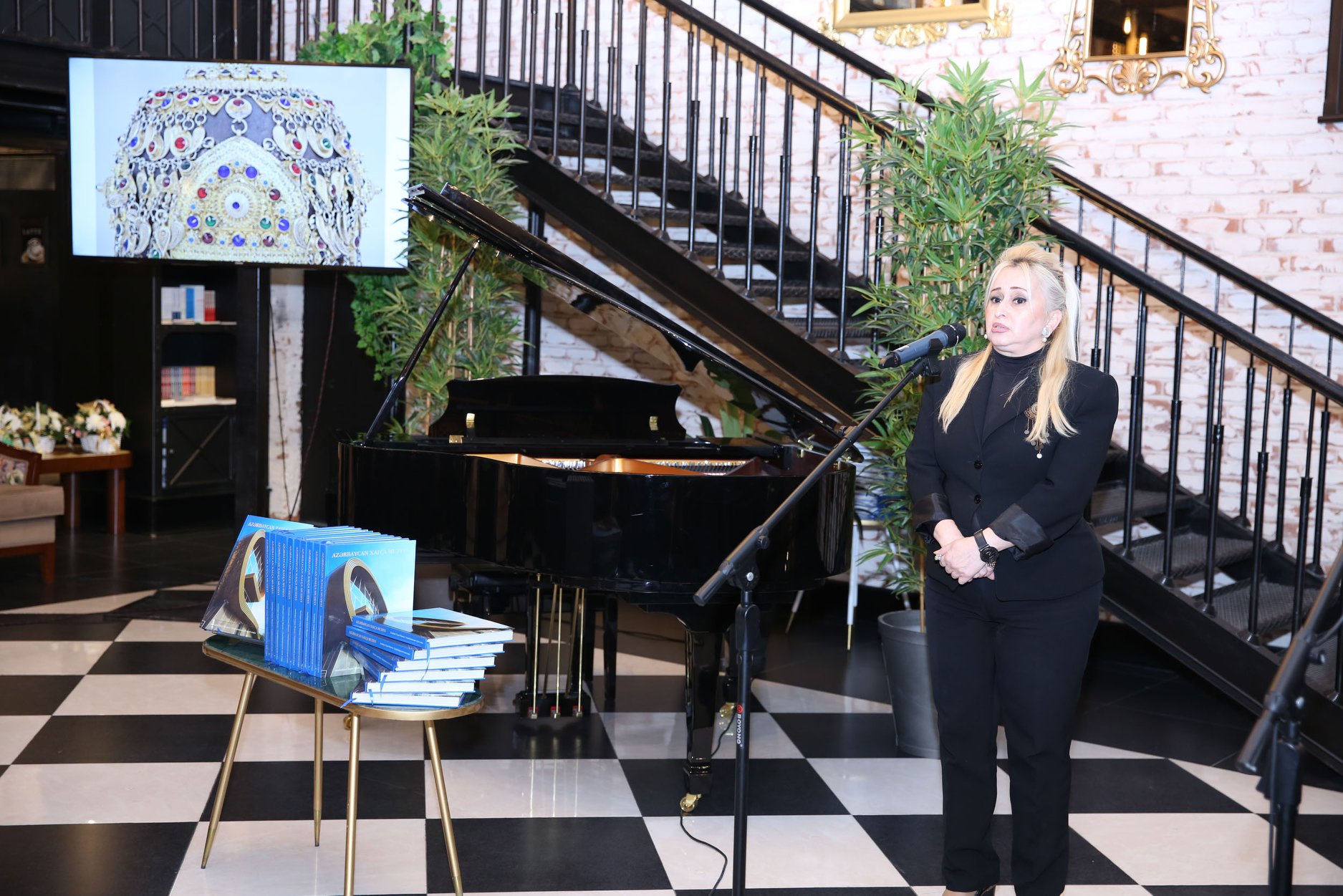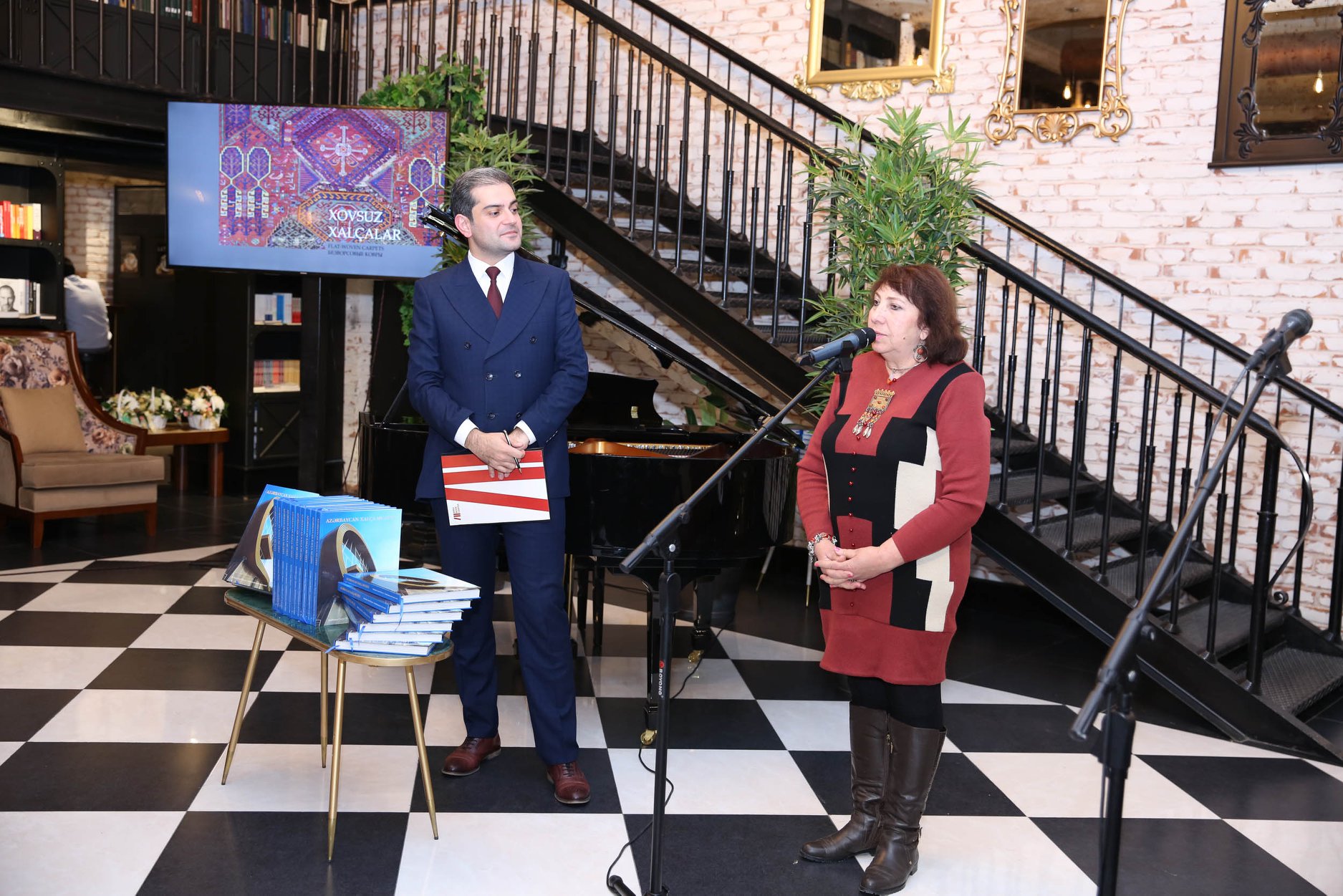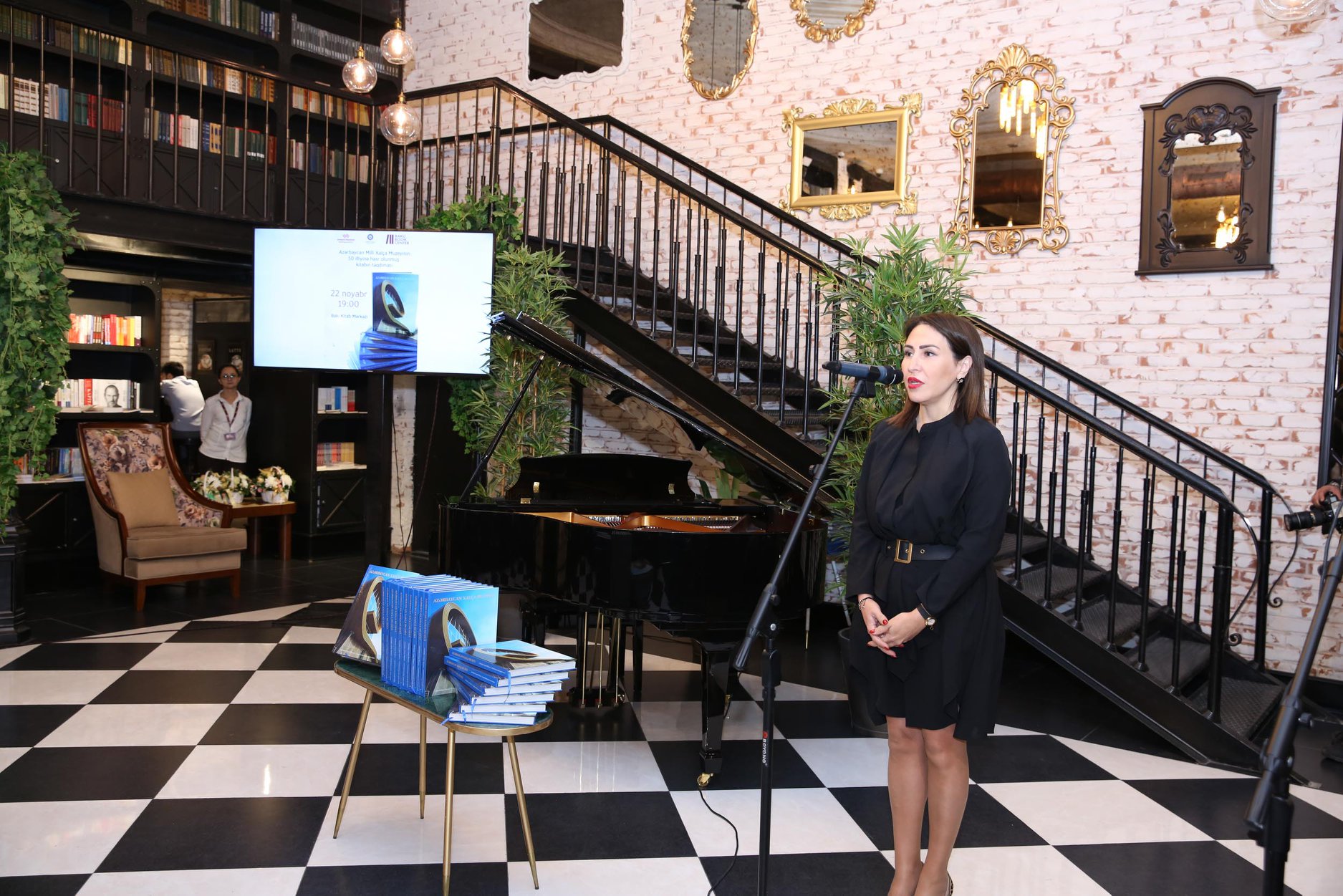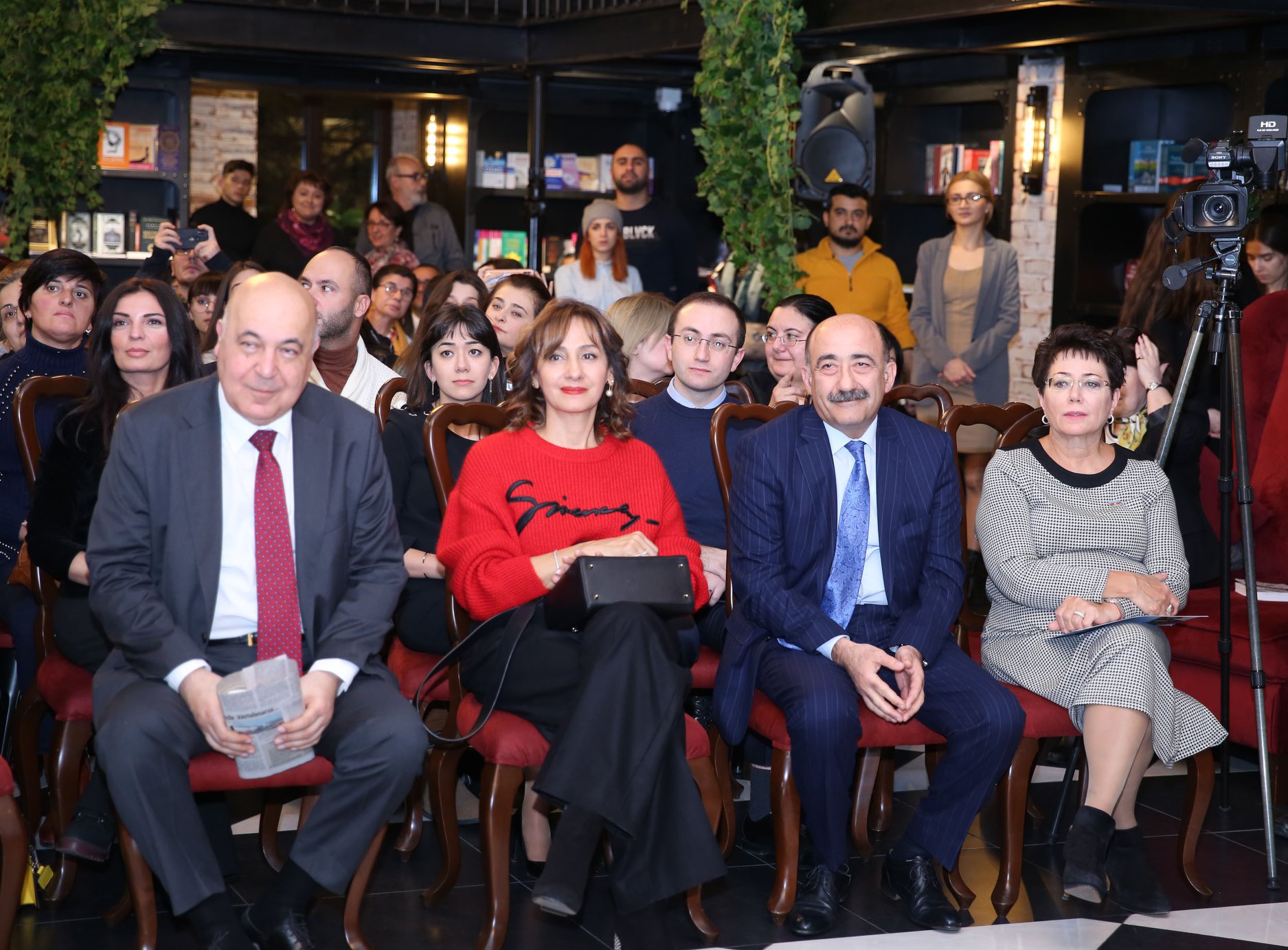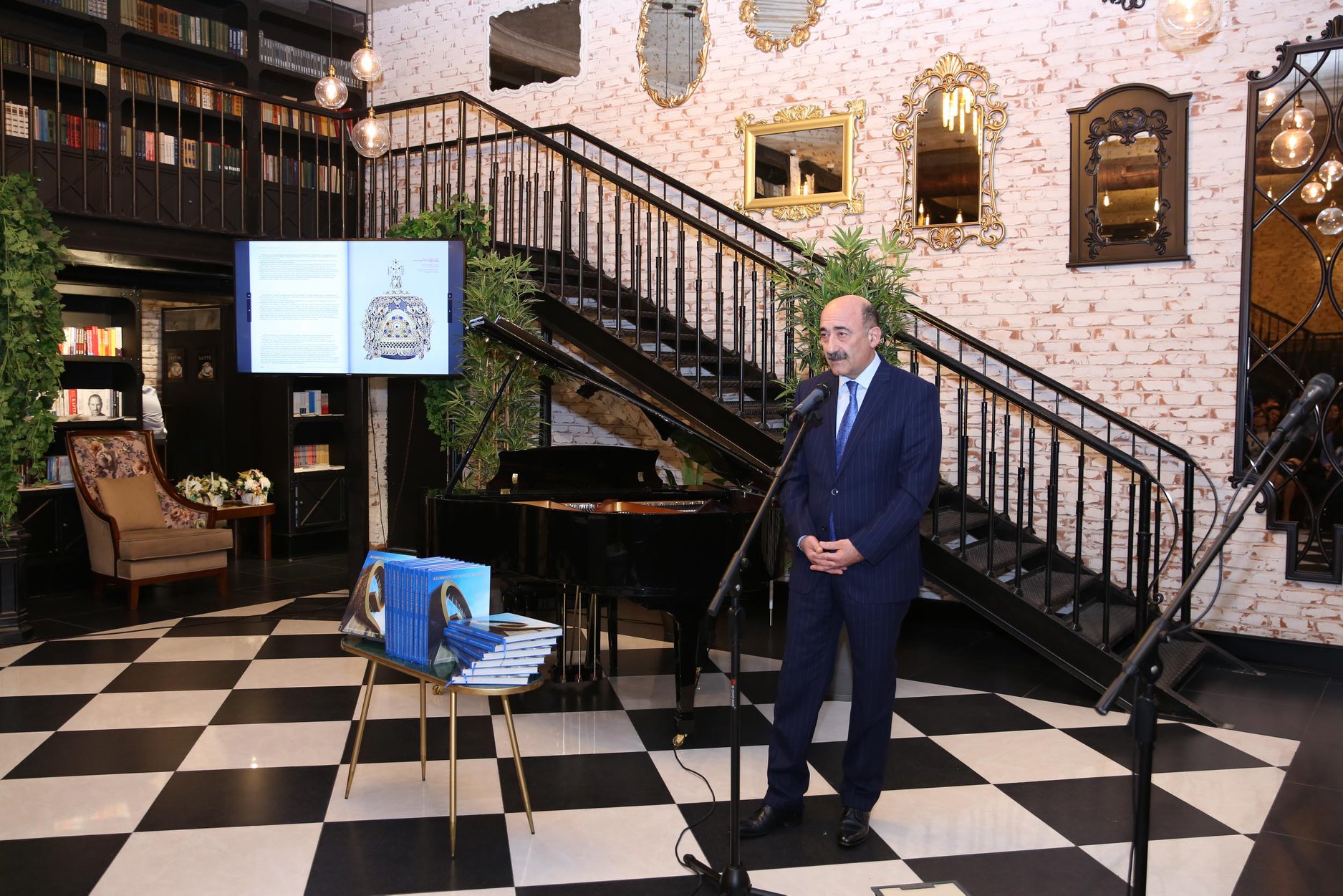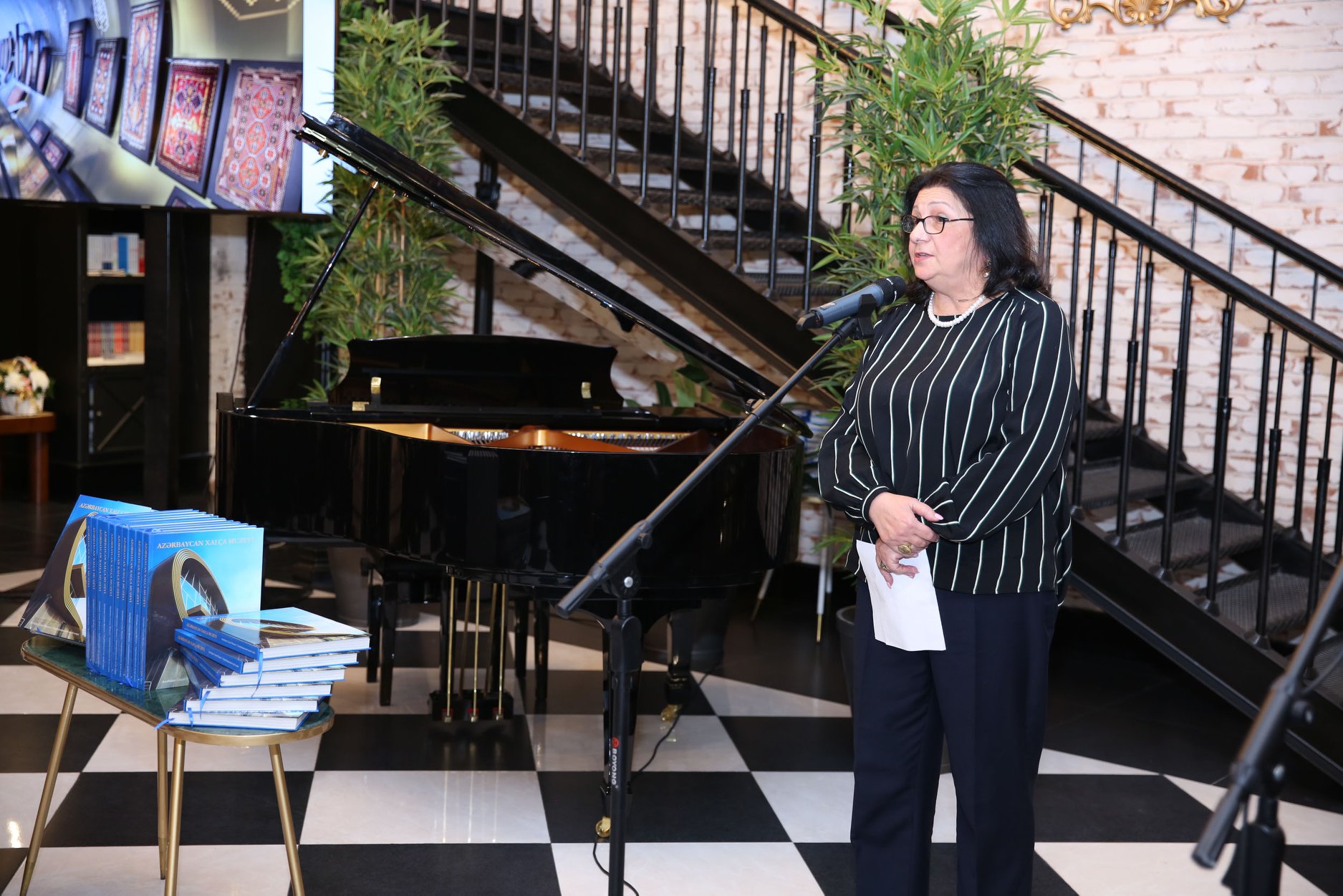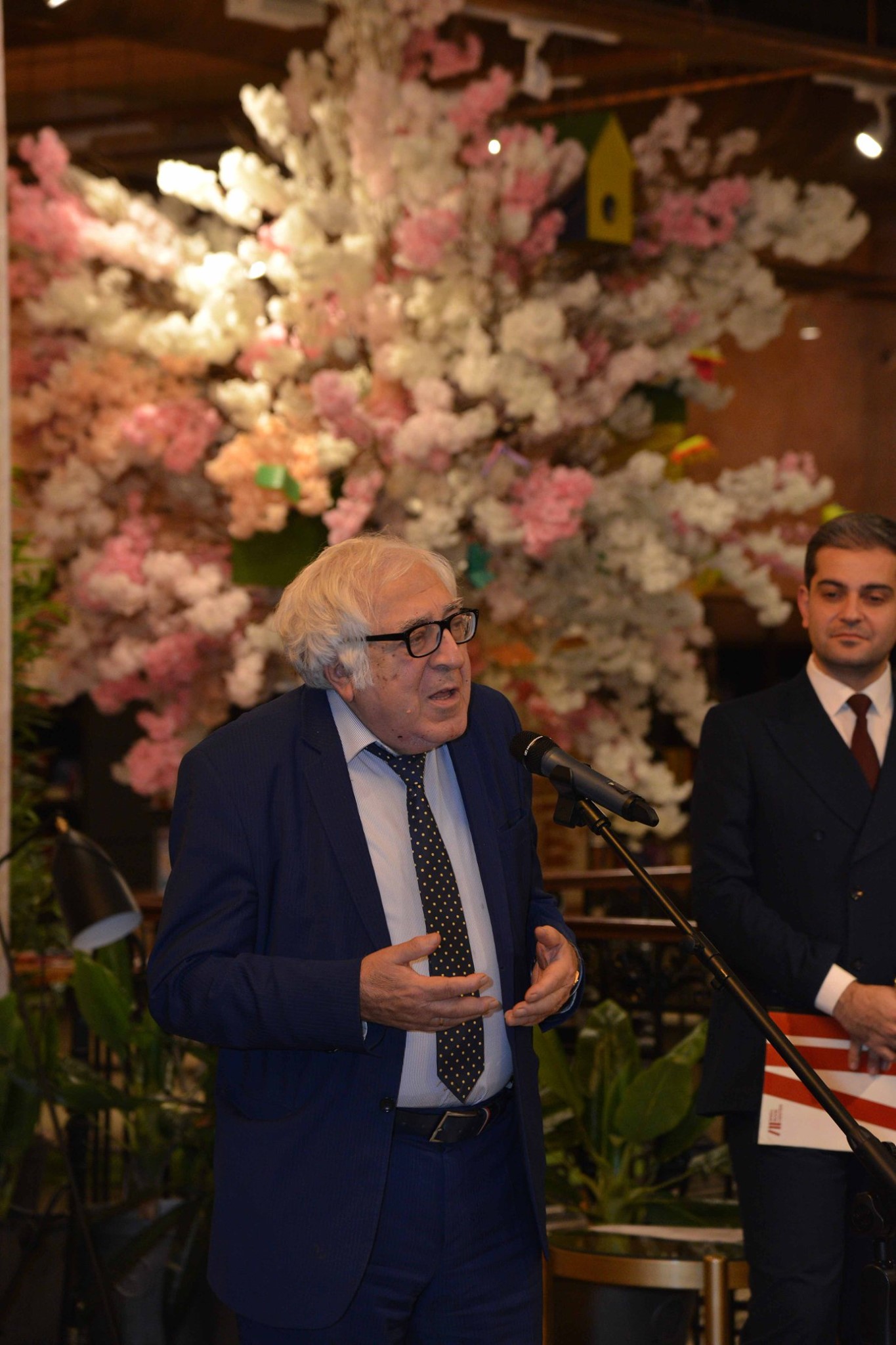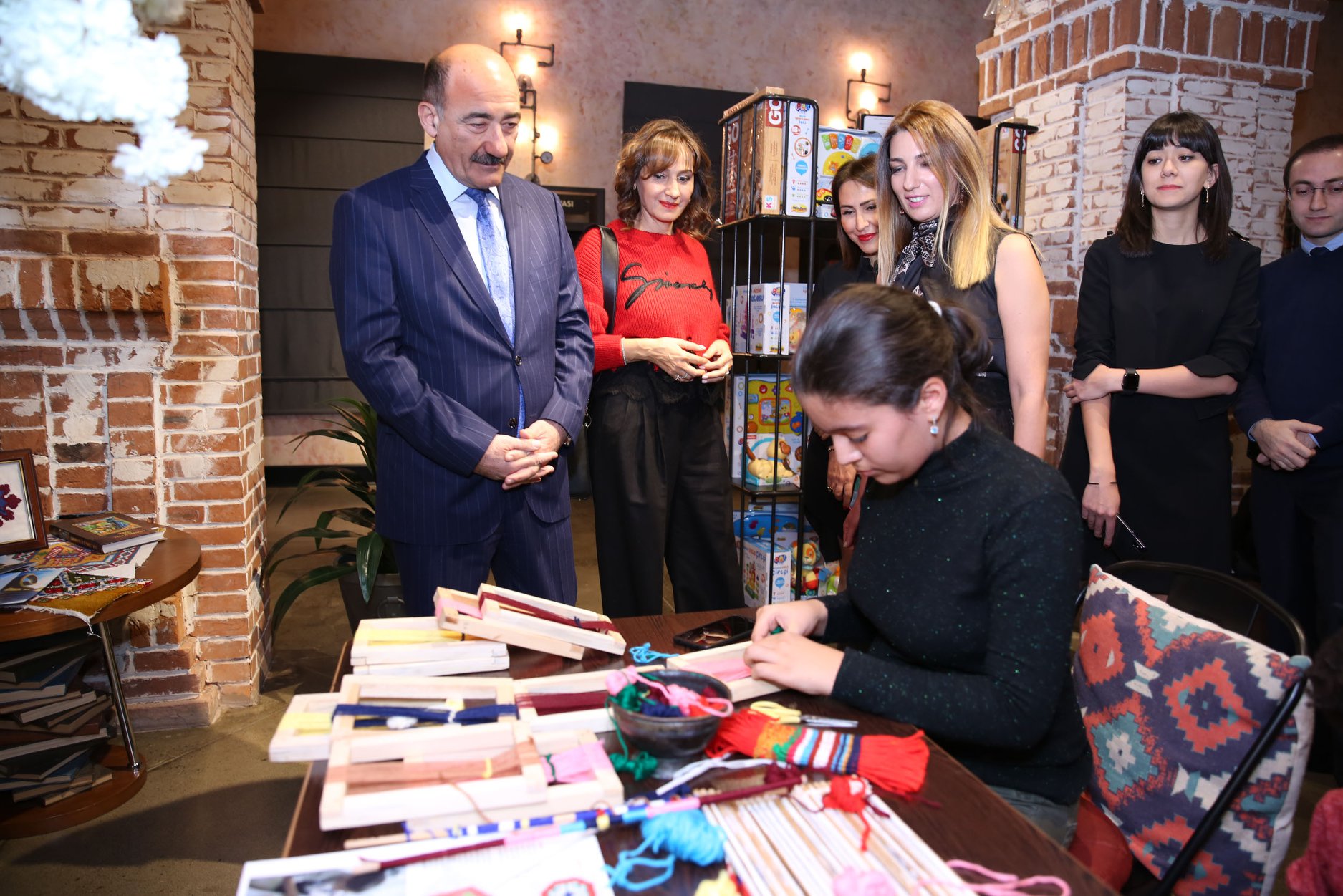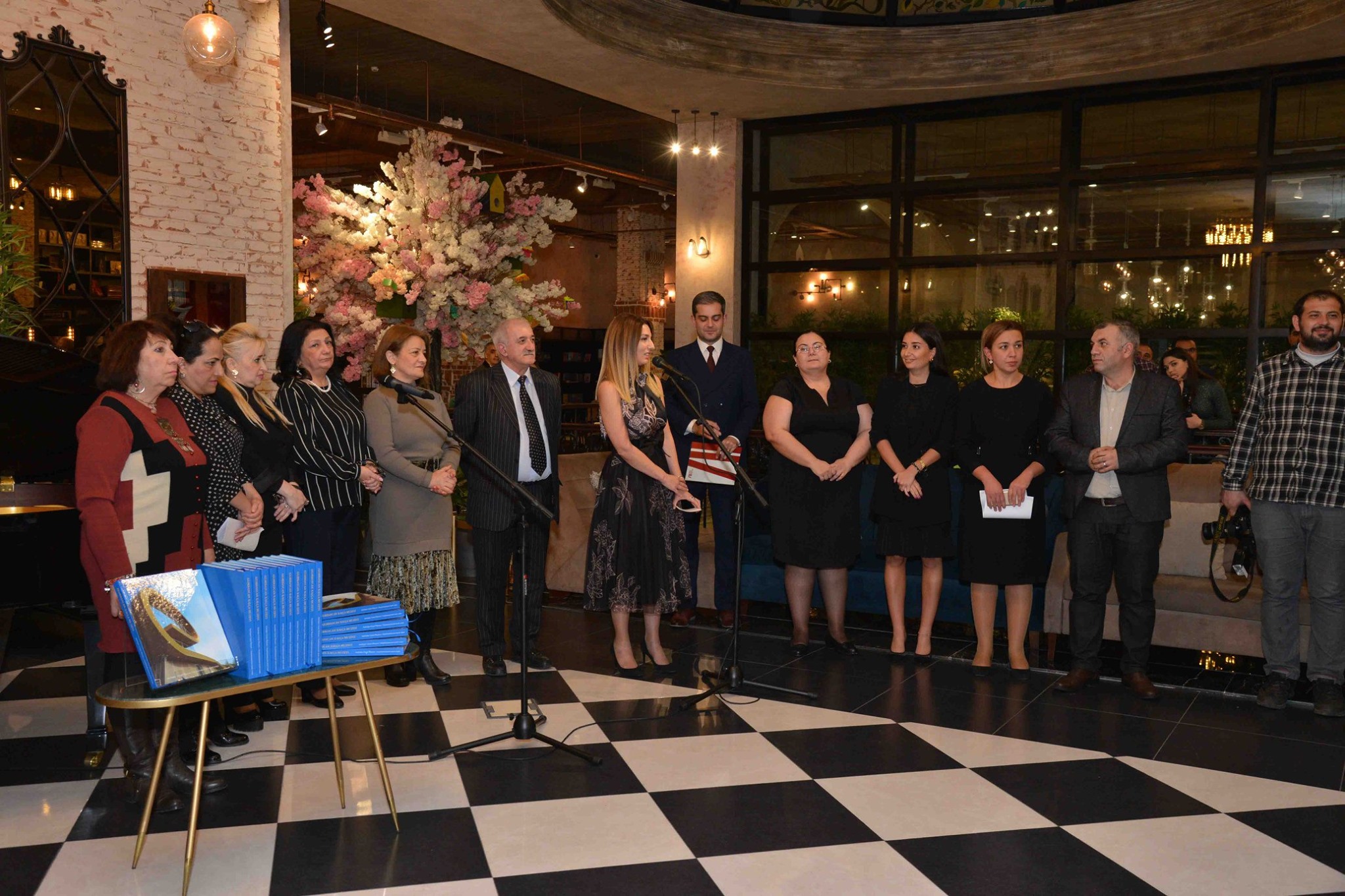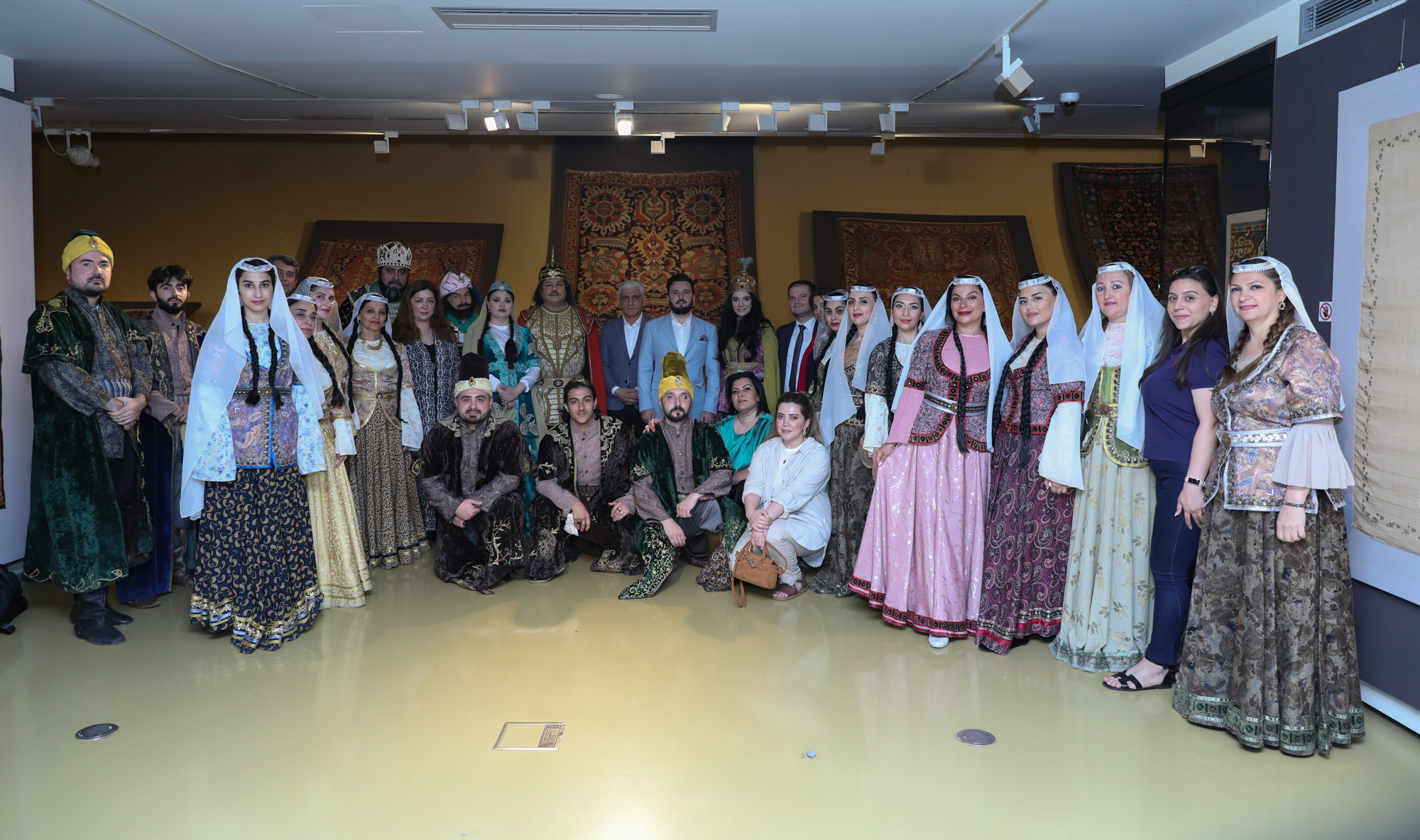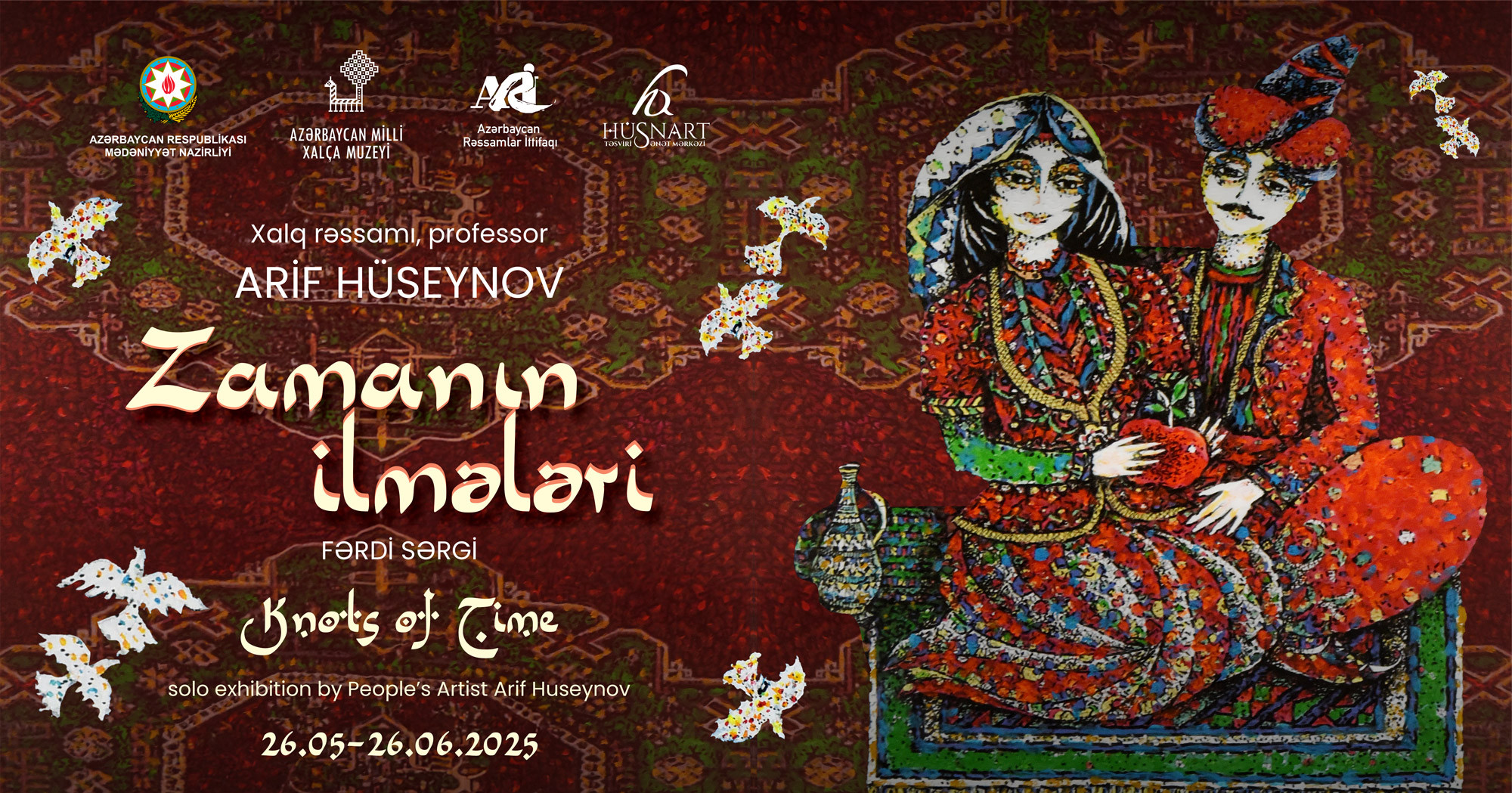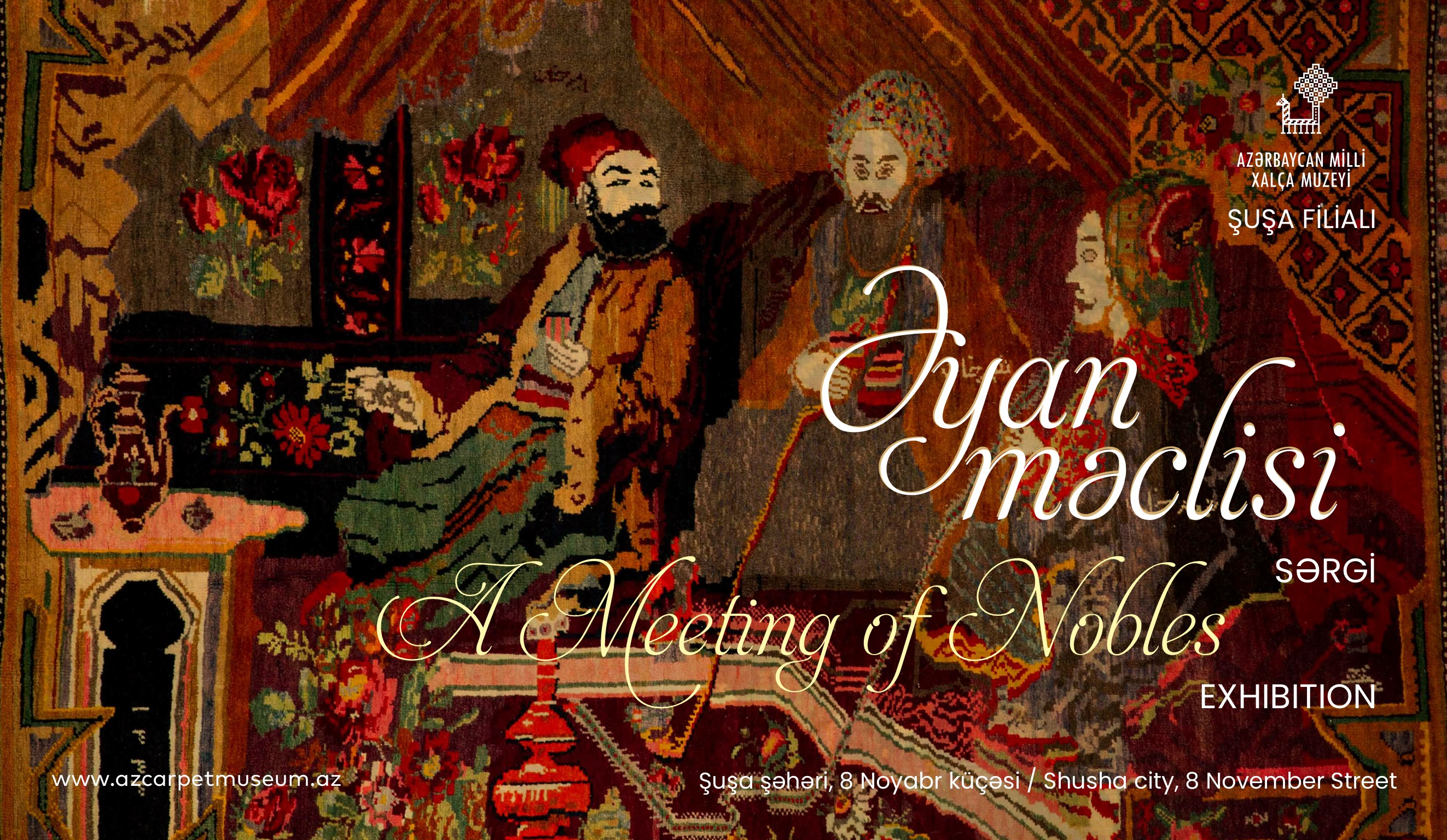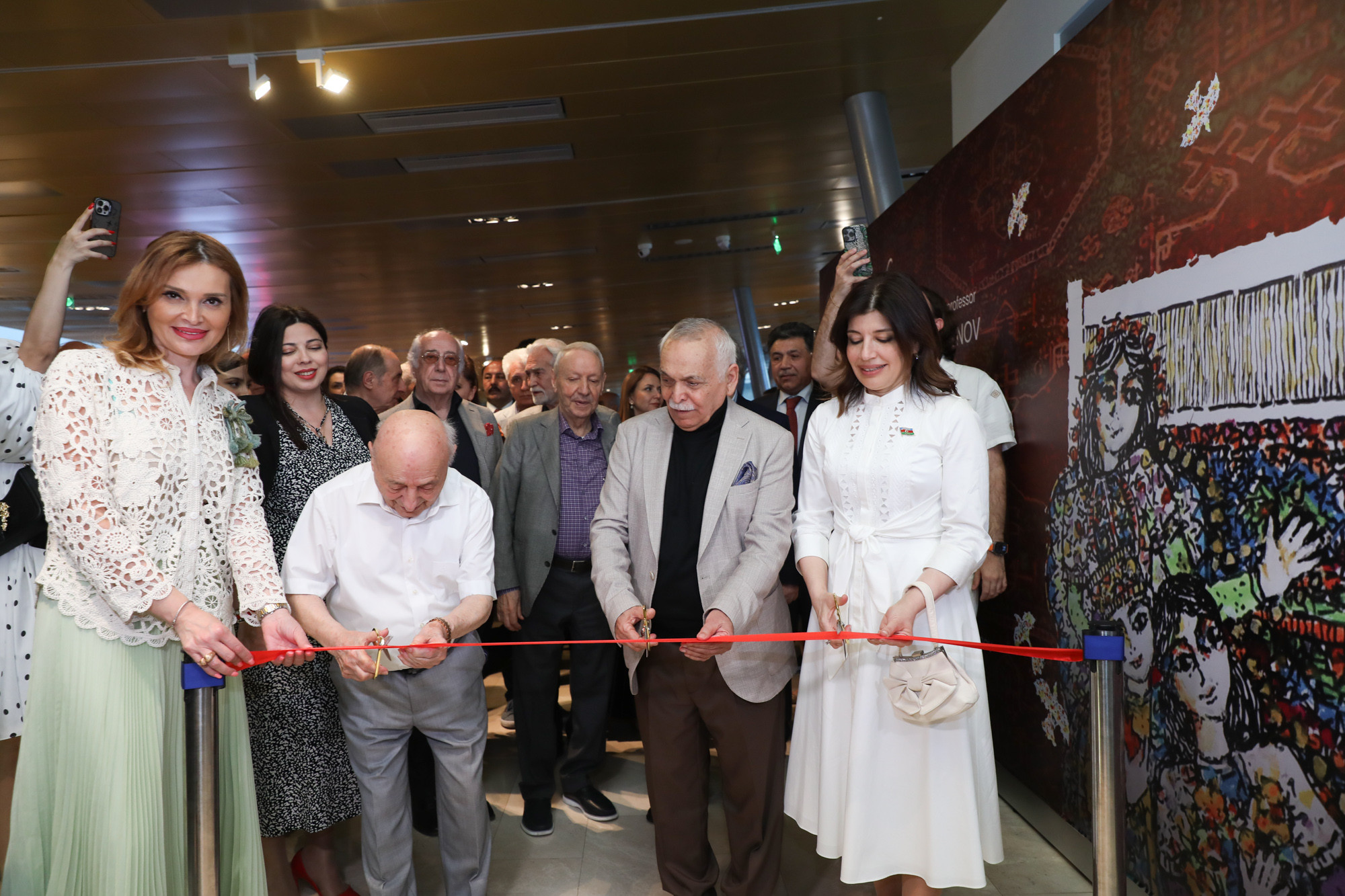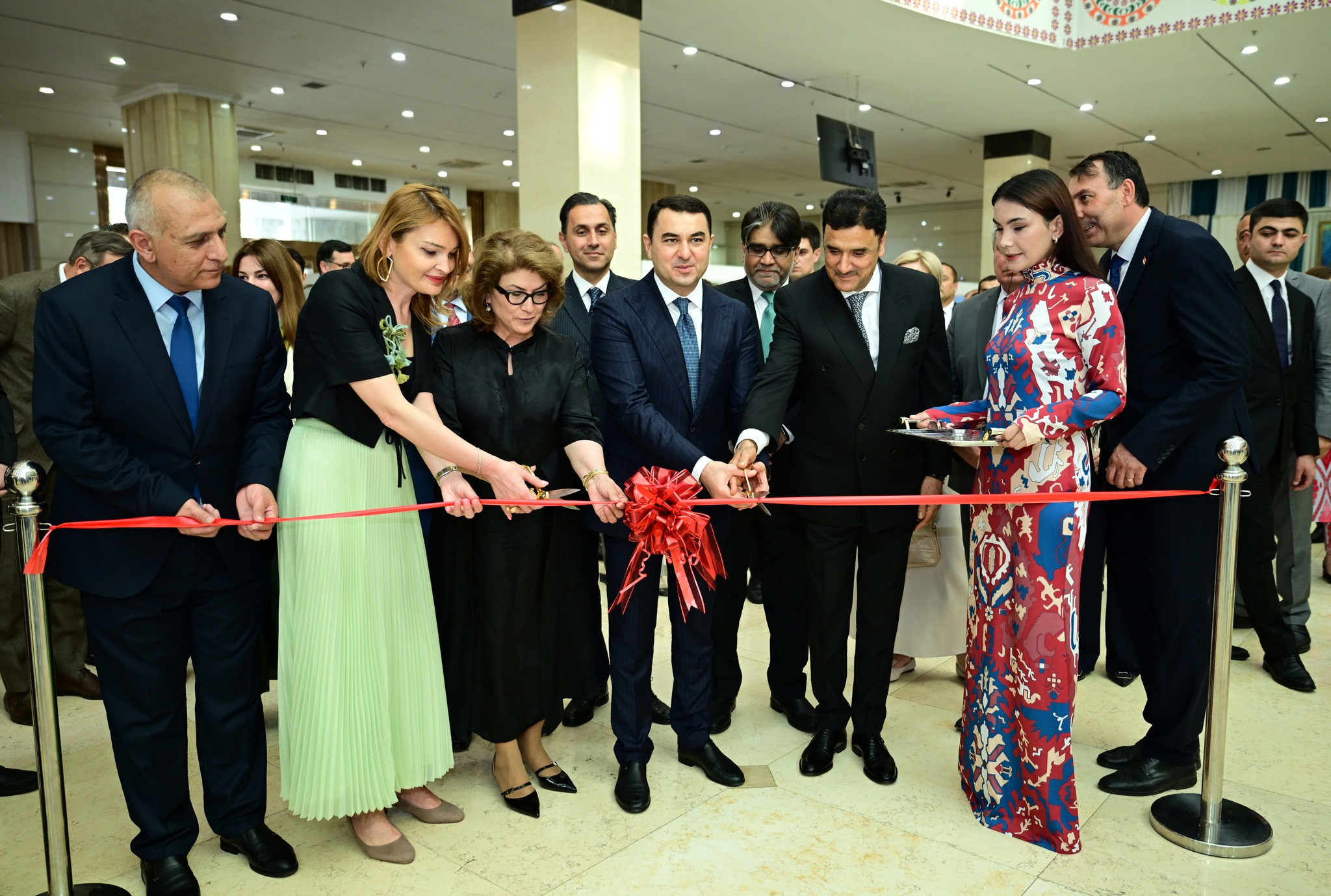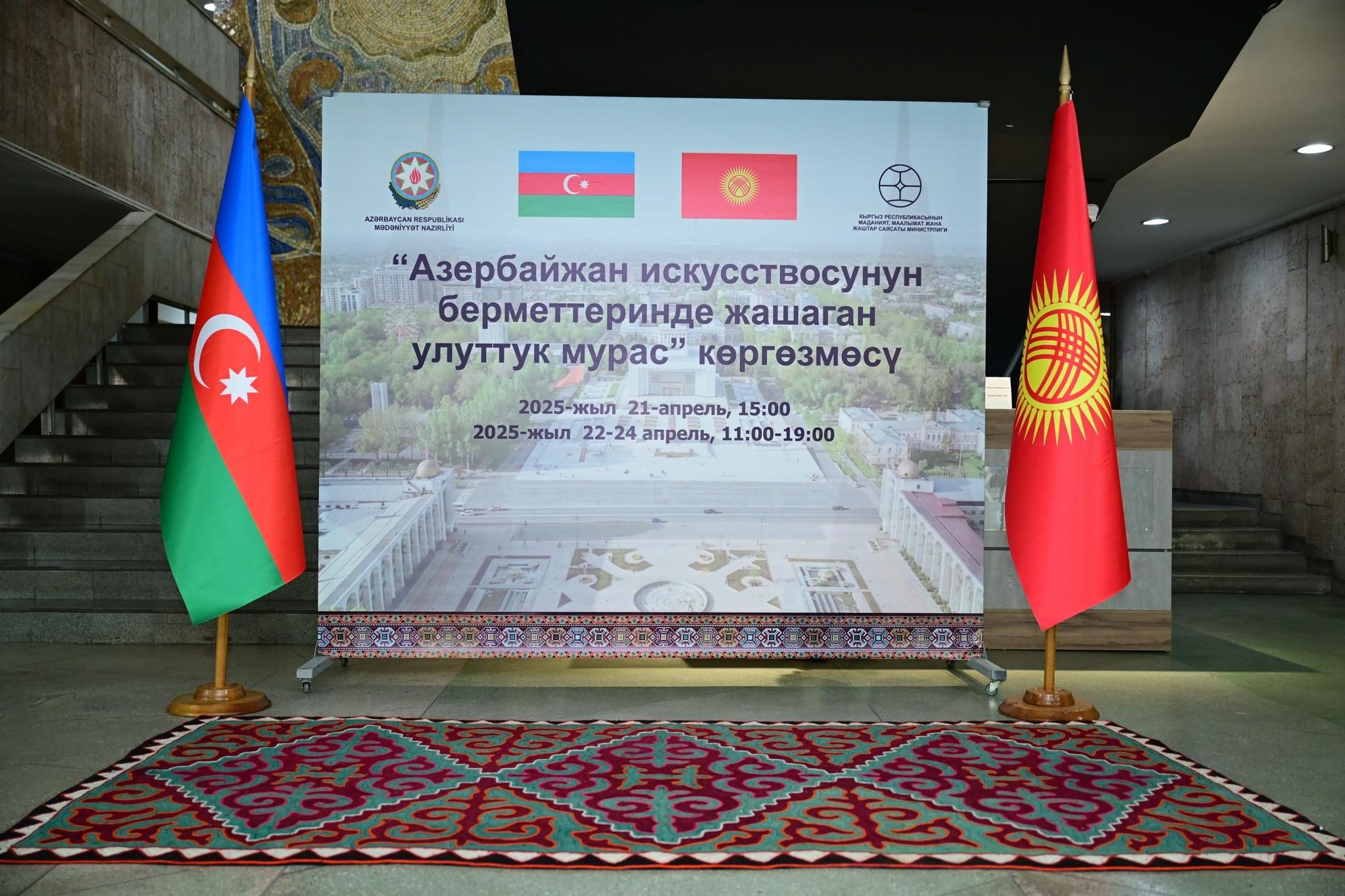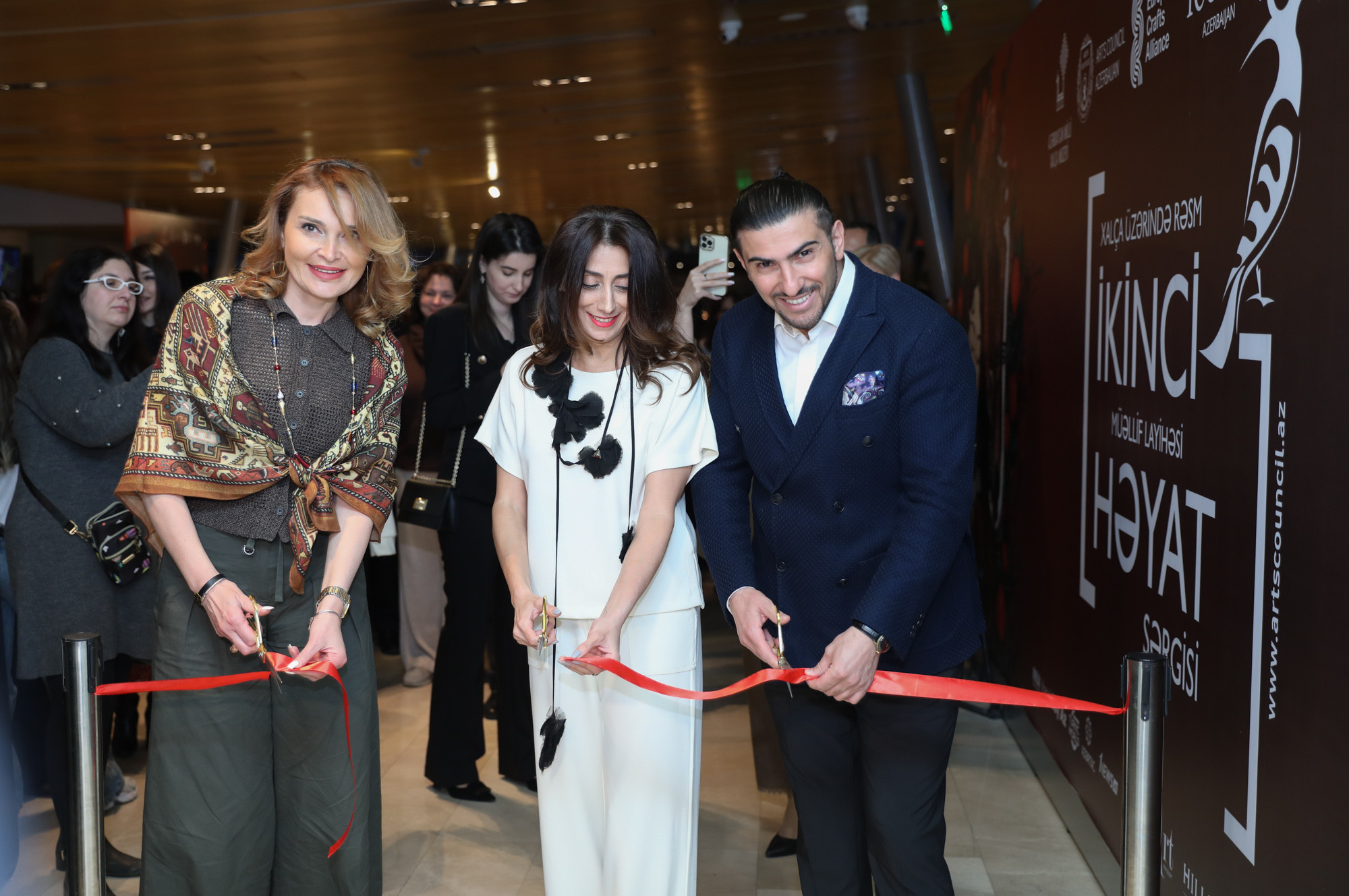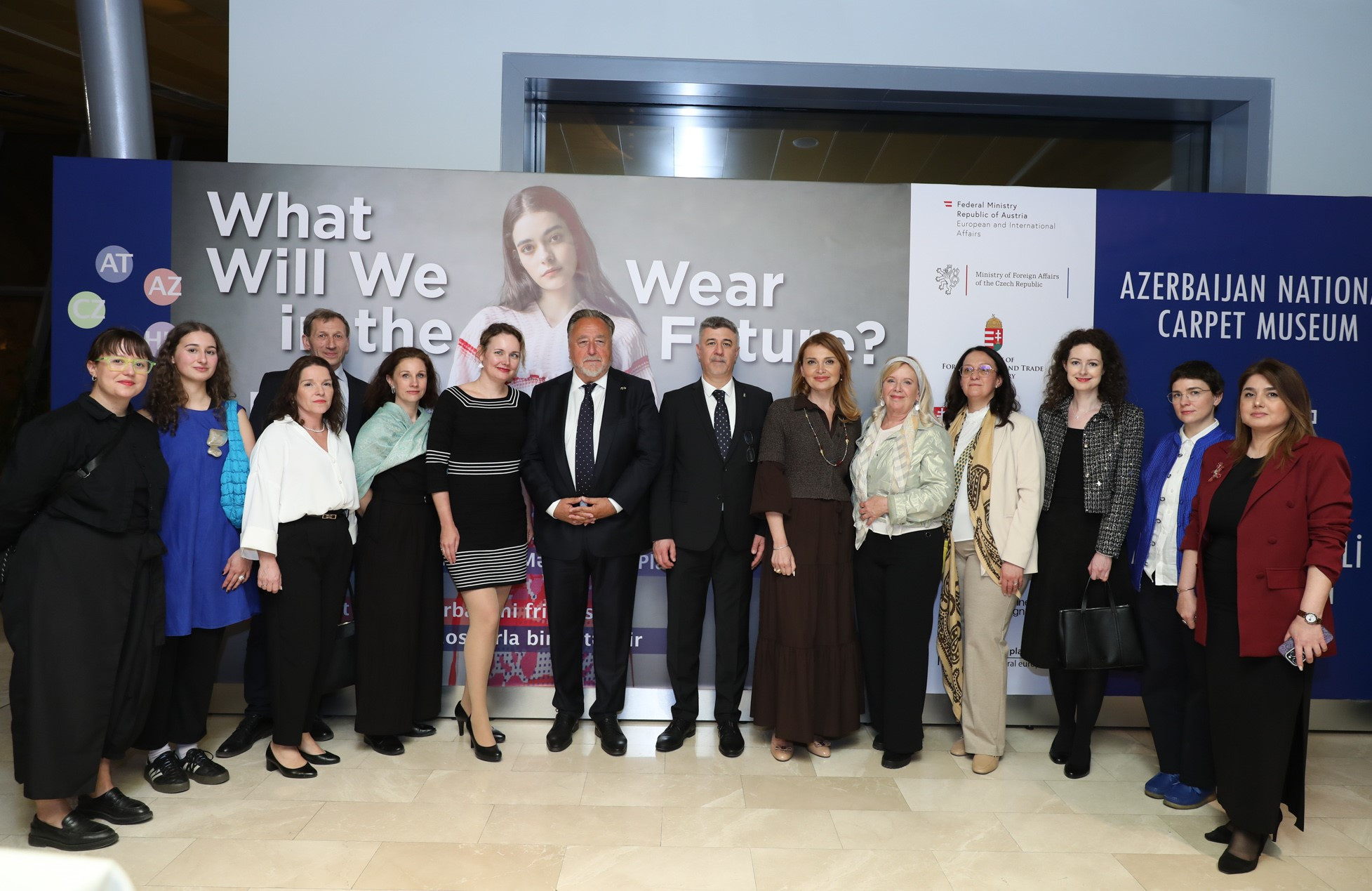Baku Book Center hosted a presentation of the book dedicated to Azerbaijan National Carpet Museum’s 50th anniversary.
Abulfas Garayev, Minister of Culture, Anar, Chair of Azerbaijan Writers Union, People’s Writer of Azerbaijan, Dr. Shirin Melikova, Director of Azerbaijan National Carpet Museum, Gunel Rzayeva, Director of Baku Book Center spoke to the guests. Rashad Mehtili, the famous TV speaker, was the event presenter.
The book narrates about the museum’s history, various types of Azerbaijani carpets, decorative and applied arts, the museum’s most beautiful pieces, and outstanding figures. The 400-page book includes illustrations of various museum exhibits and archive photographs related to its history in three languages (Azerbaijani, Russian and English).
Azerbaijan National Carpet Museum’s collection includes several collections: Pile Carpets, Flat-Woven Carpets, Textile, Clothing, and Embroidery, Ceramics, Wood, Glass, and Paper. Every chapter reveals one collection by separate specialists in the aforementioned fields. There are also chapters concentrated on museum’s exhibition projects, international relations, as well as Shusha Branch, temporarily functioning in the museum’s building after the occupation of Karabakh.
During the event, the Azerbaijan National Carpet Museum arranged a dialogue between authors and guests and prepared a quiz with gifts. Quiz winners gained museum’s several books and tickets to visit museum or participate in its masterclasses. Nargiz Karimova and Farid Aliyev, soloists of the Azerbaijan State Academic Musical Theater performed arias from Uzeyir Hajibeyli’s operetta Arshin Mal Alan.
A traditional ceremony of cutting carpet from the loom complemented the event. It was a shadda carpet with a caravan image. The carpet represents an example of the Azerbaijan National Museum's newly developed mixed pile and flat-woven techniques for its inclusive project. Here, the camel caravan is in a pile technique, while its background is flat-woven so that to feel the ornaments’ shapes.
In addition, guests could observe an exhibition of the pile and flat-woven carpets woven by the museum’s Traditional Technologies Department, participate in masterclasses on weaving flat-woven shadda, chatan (mat), and souvenir carpets.
